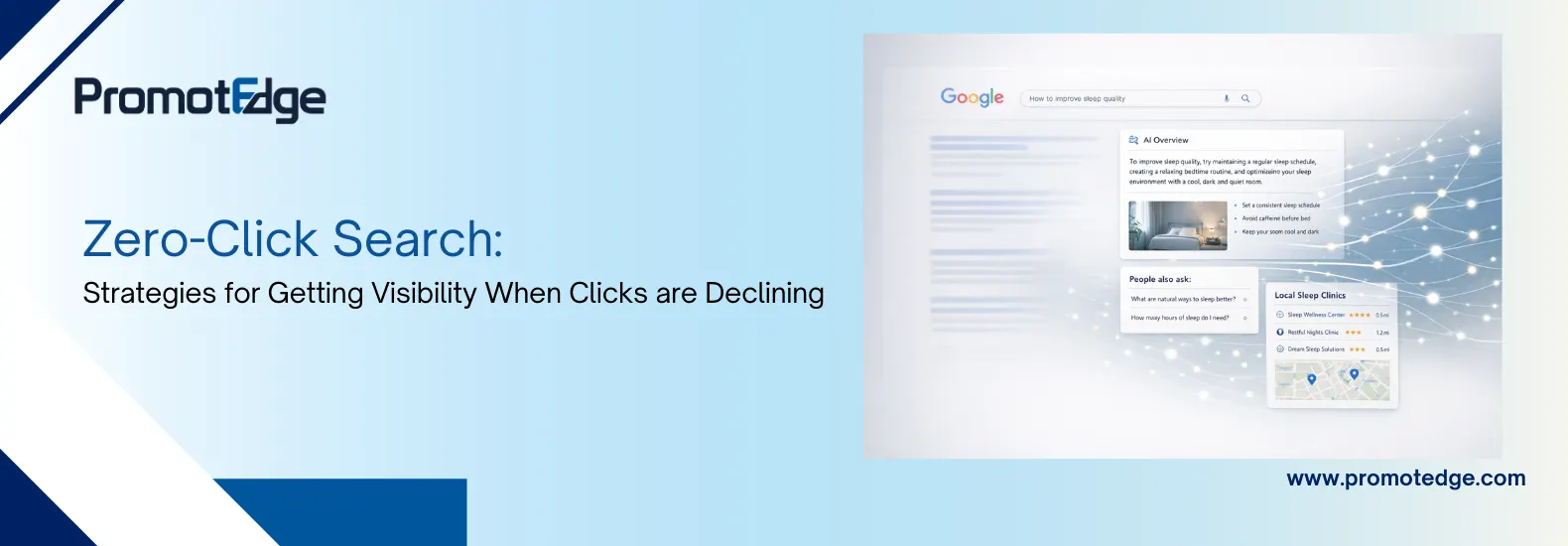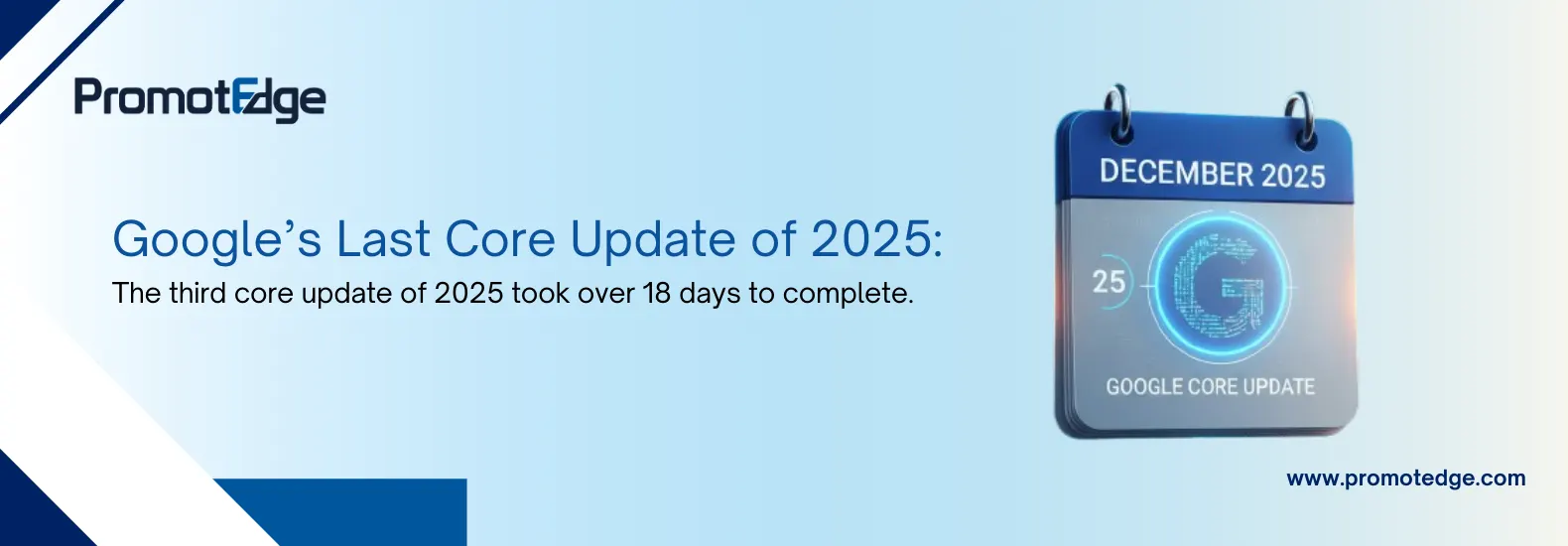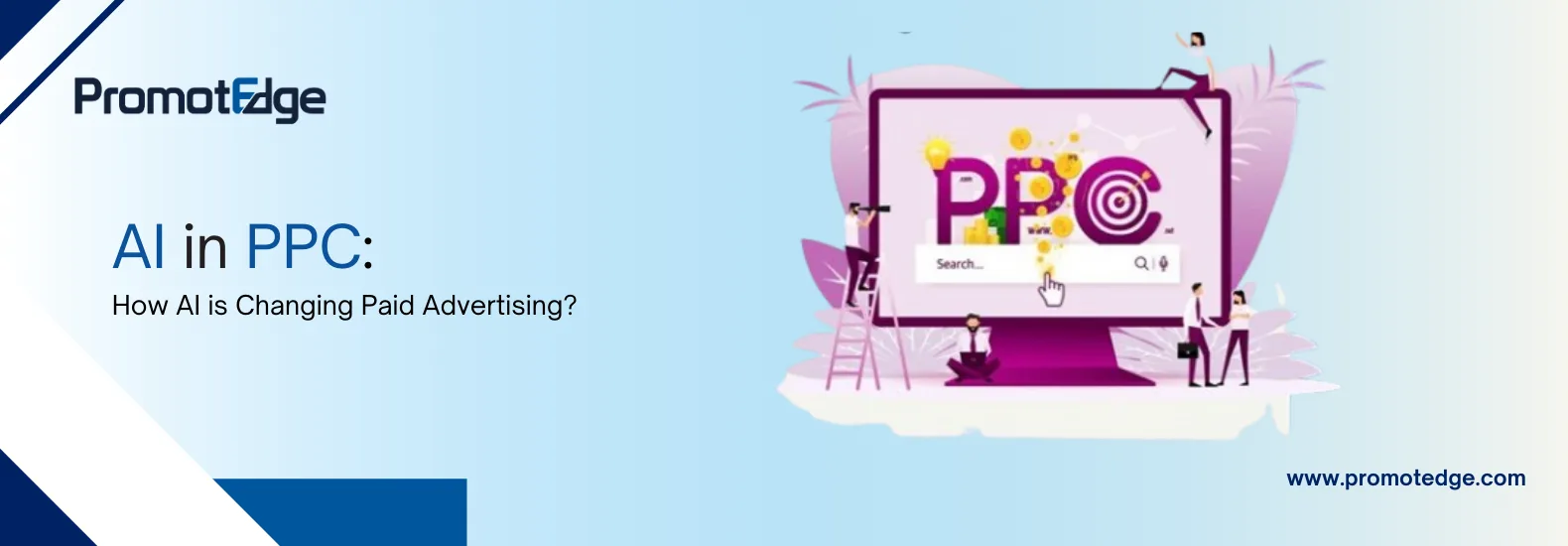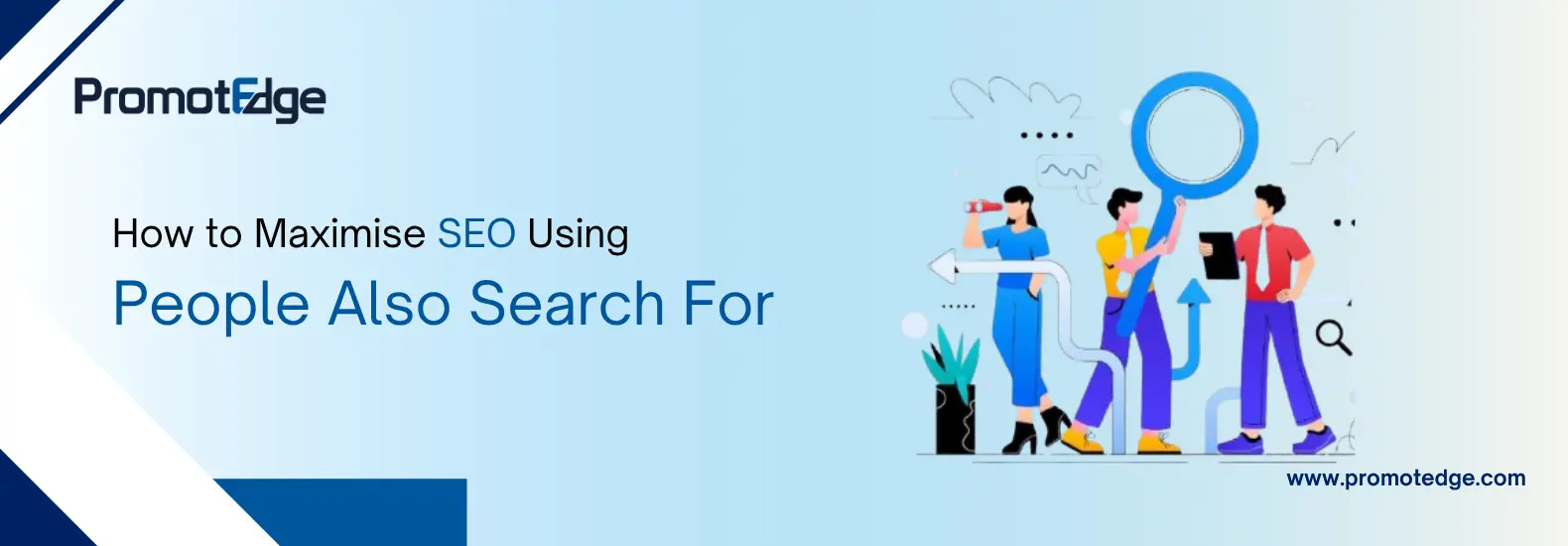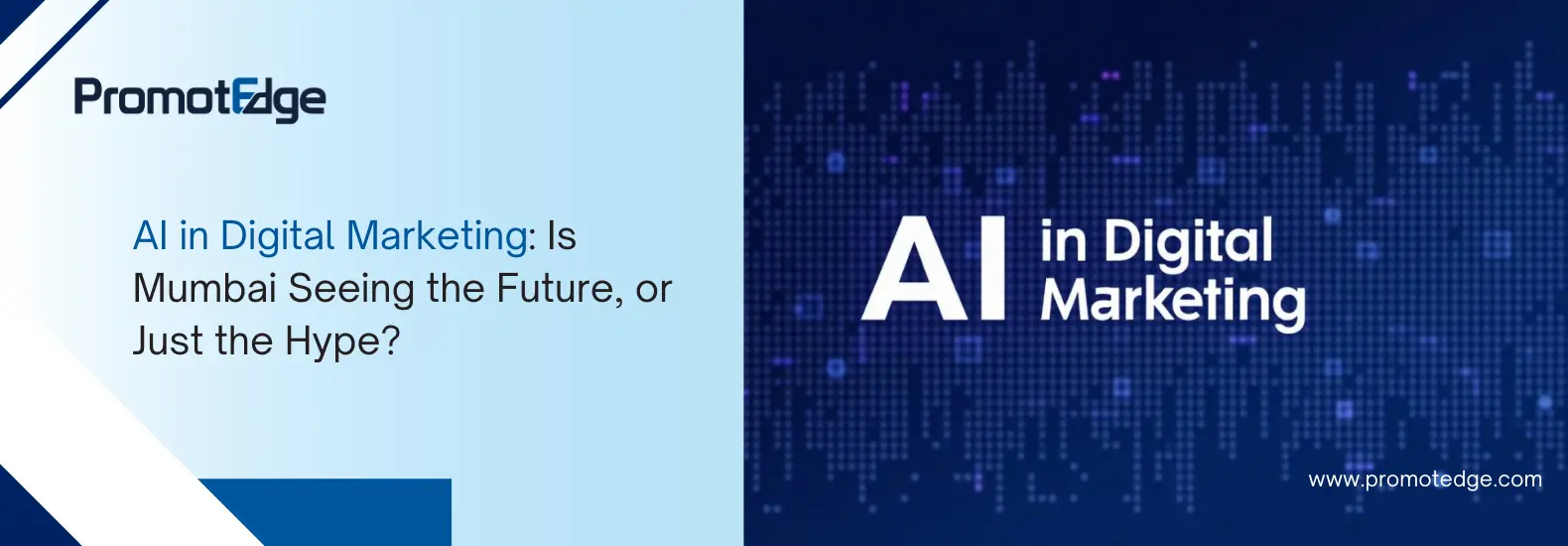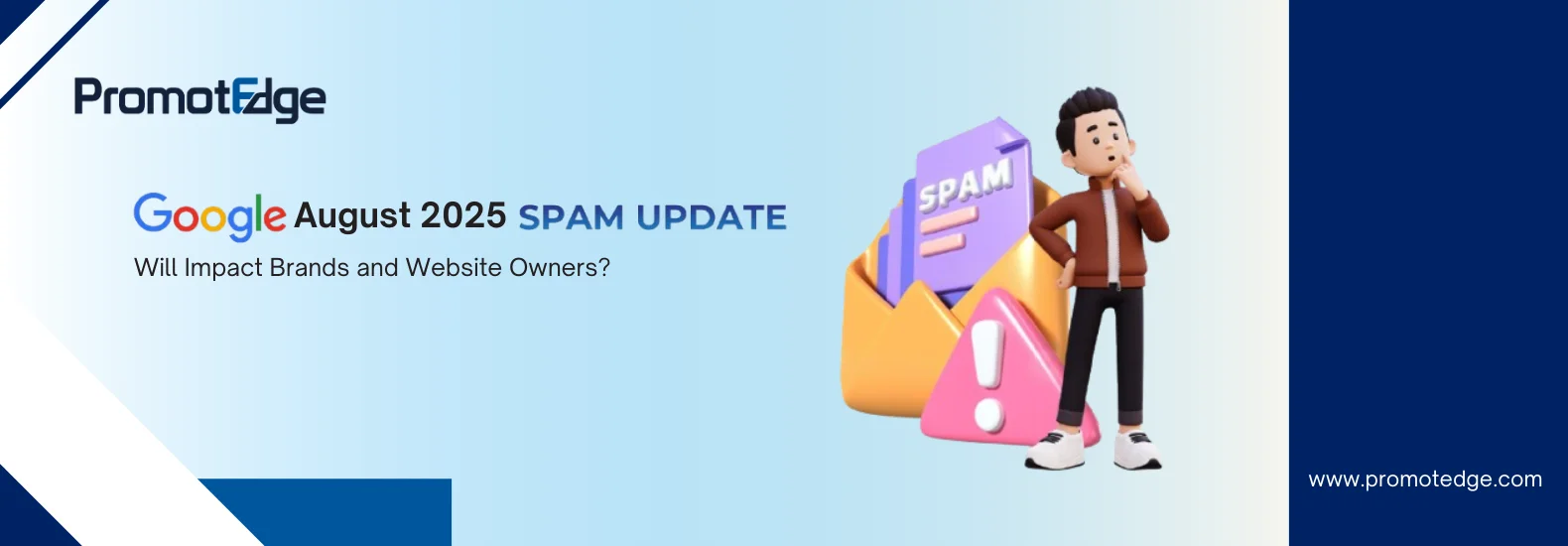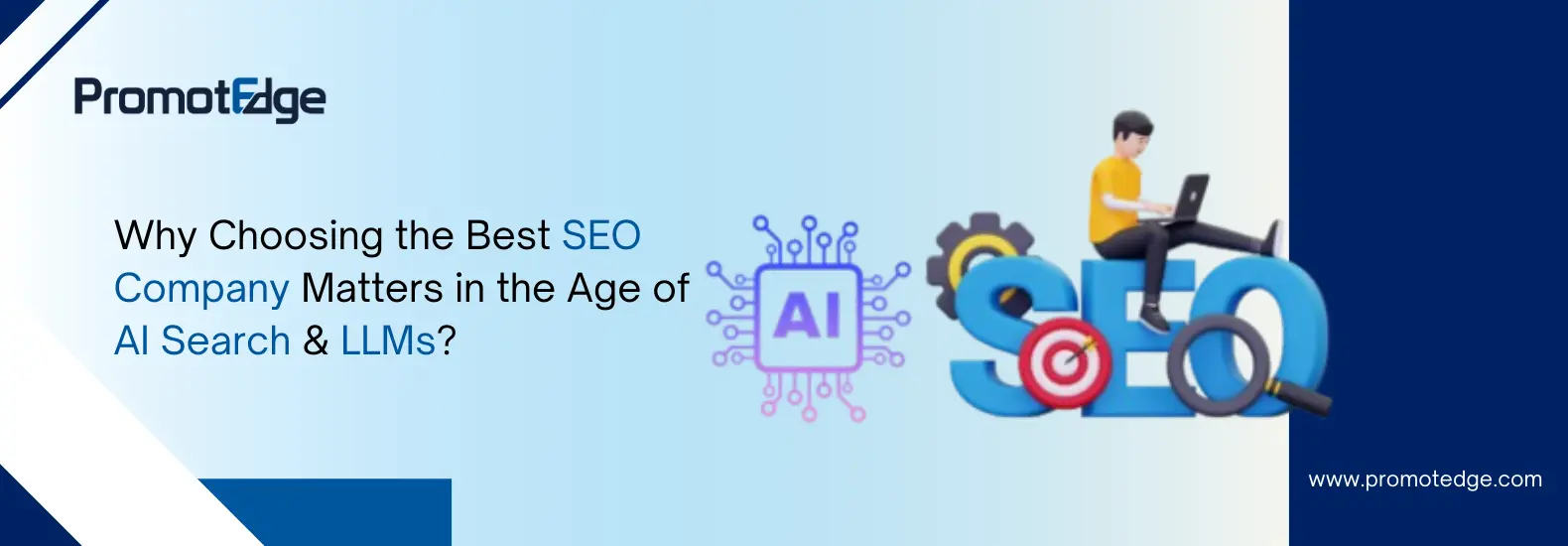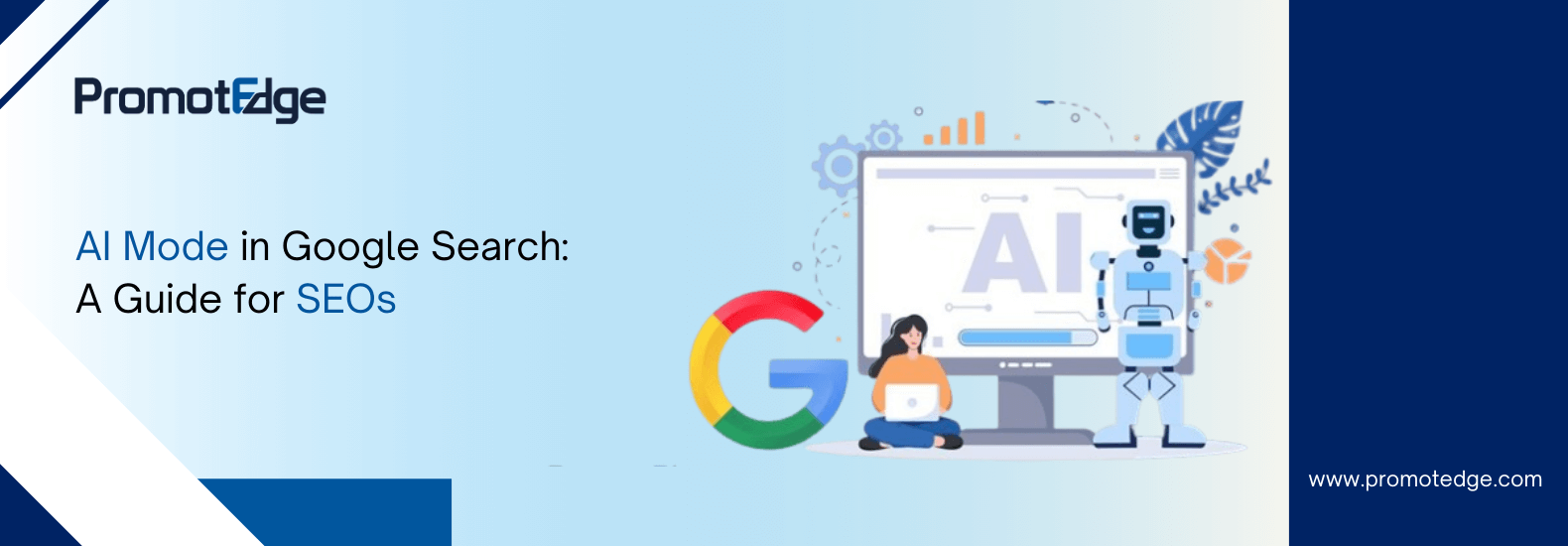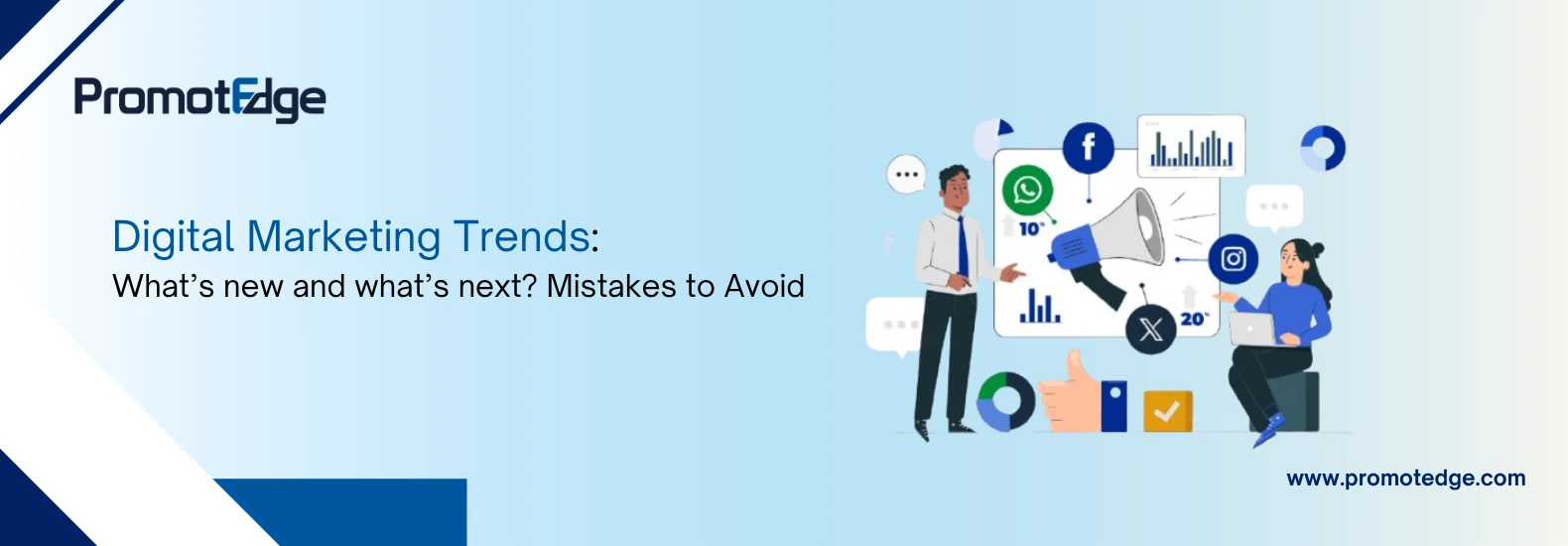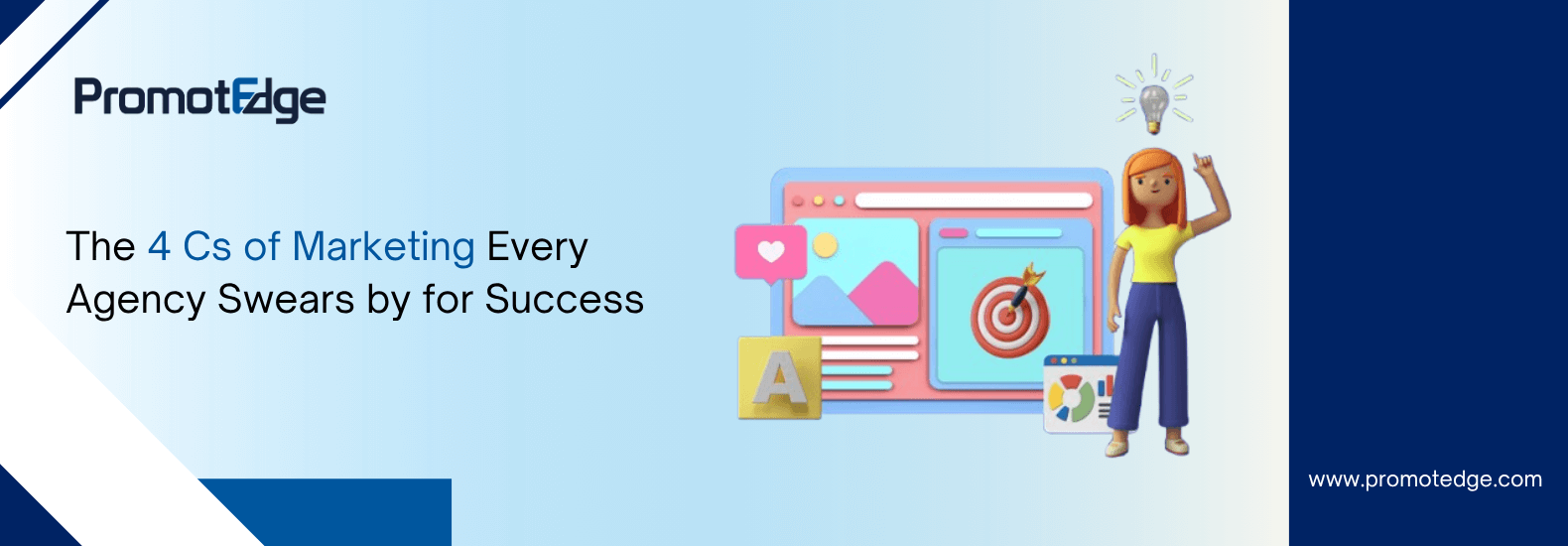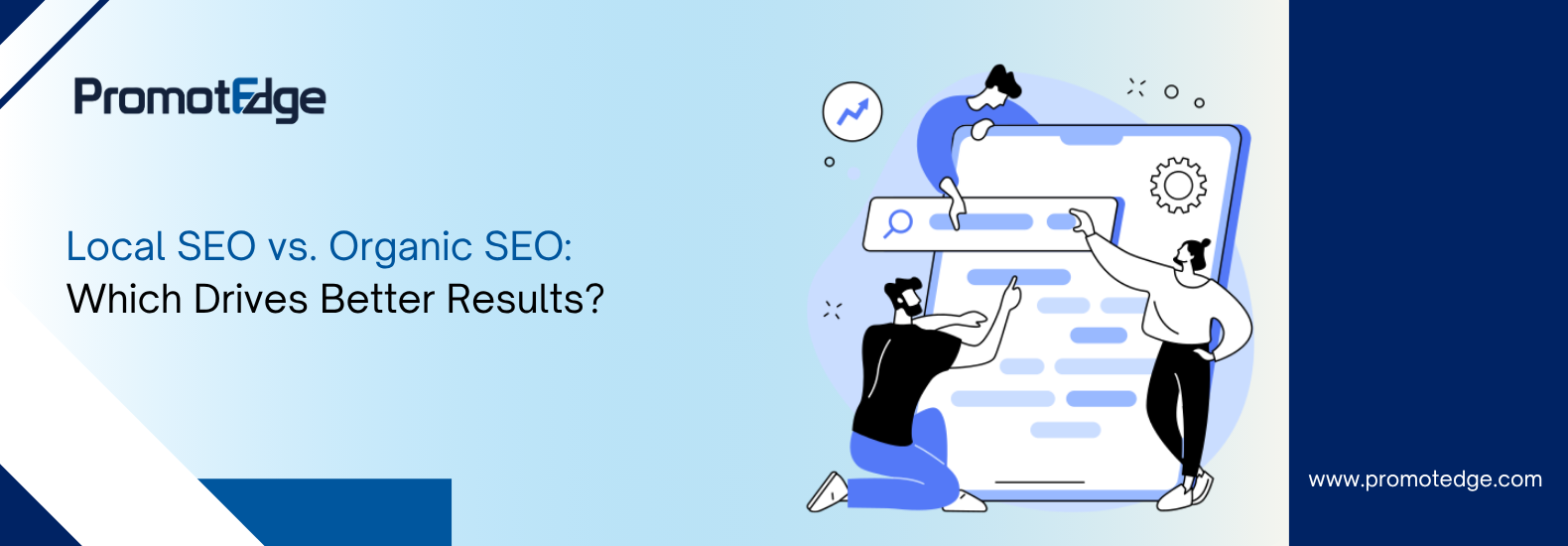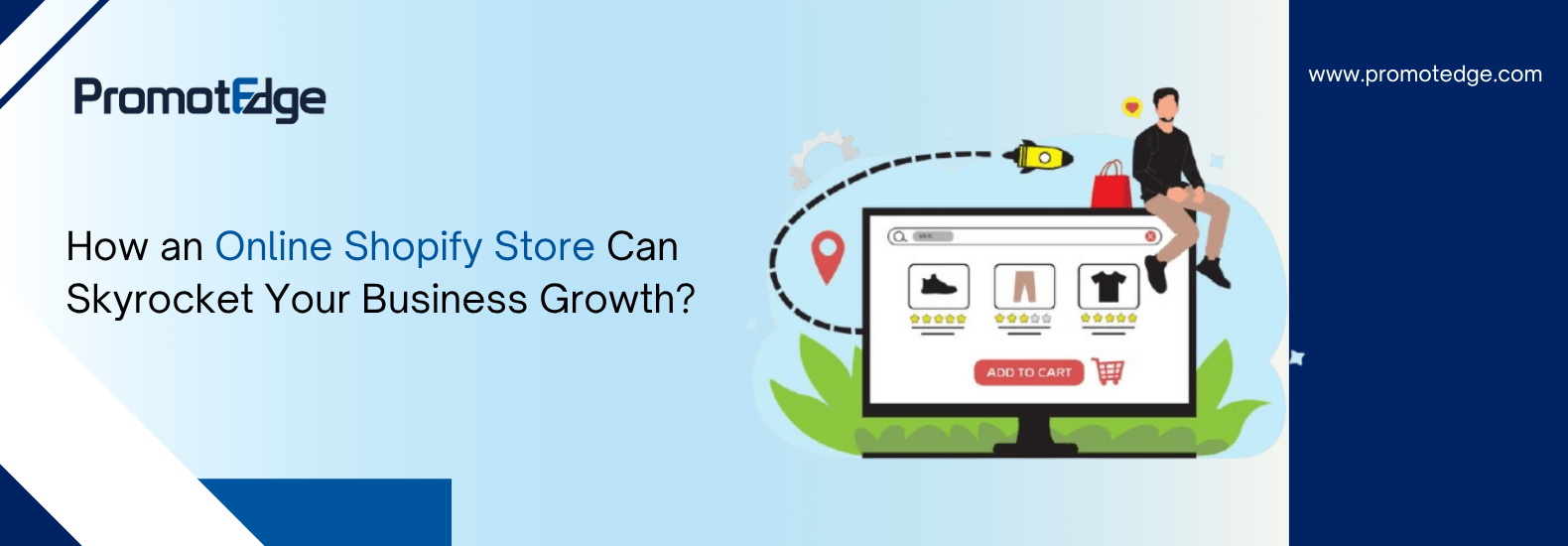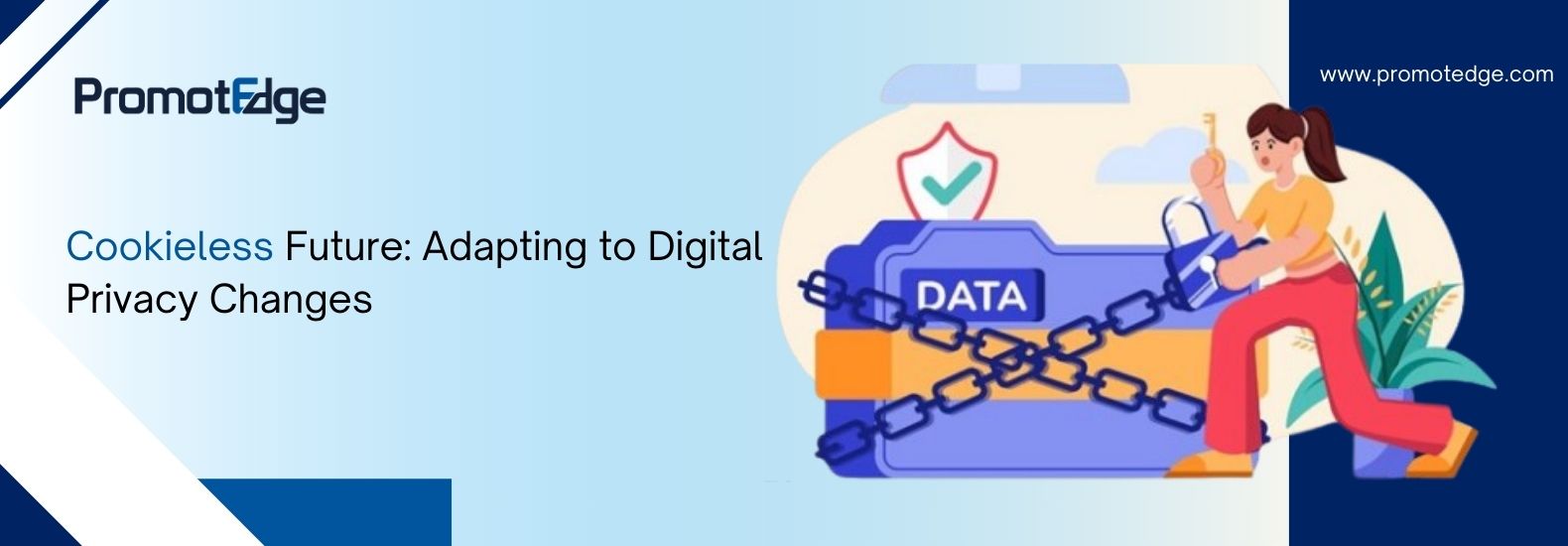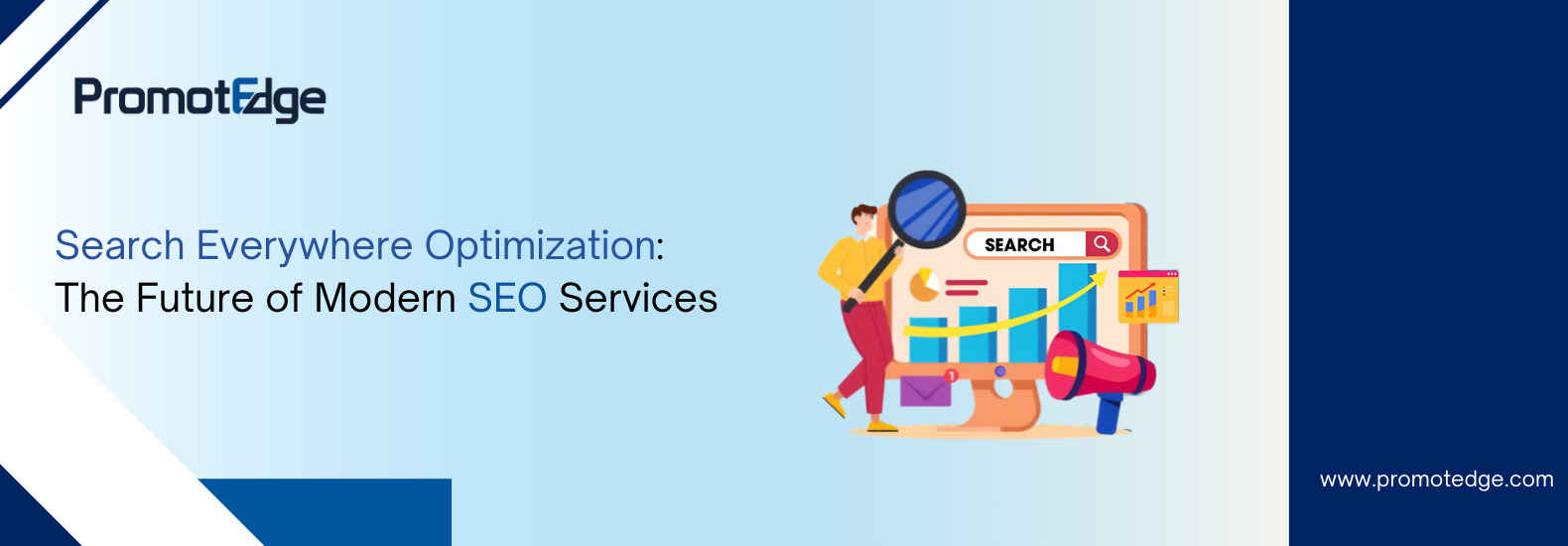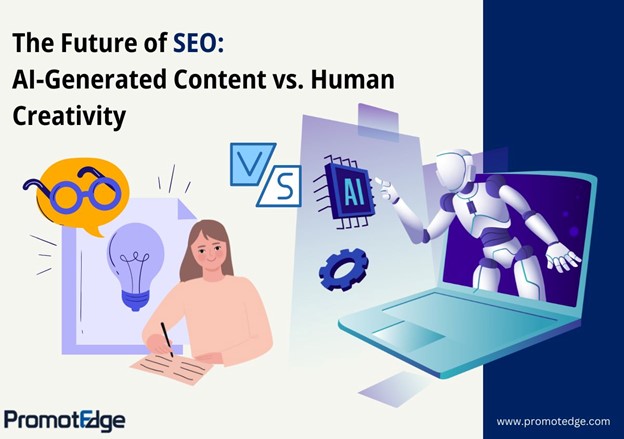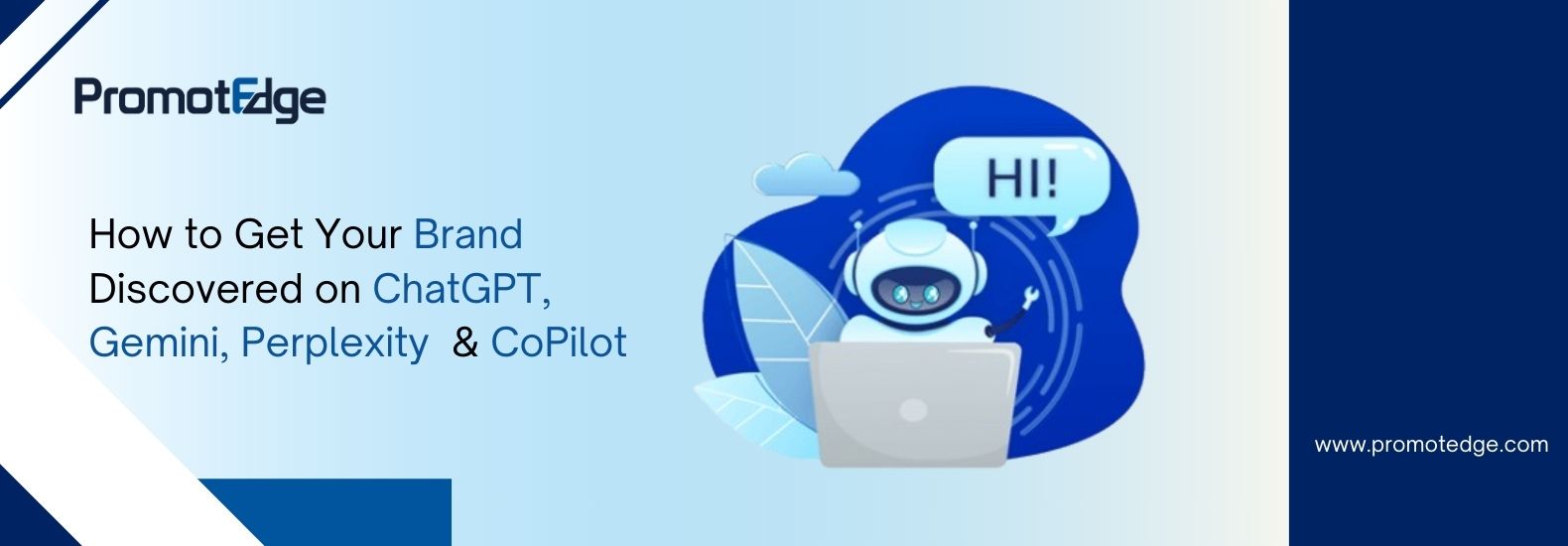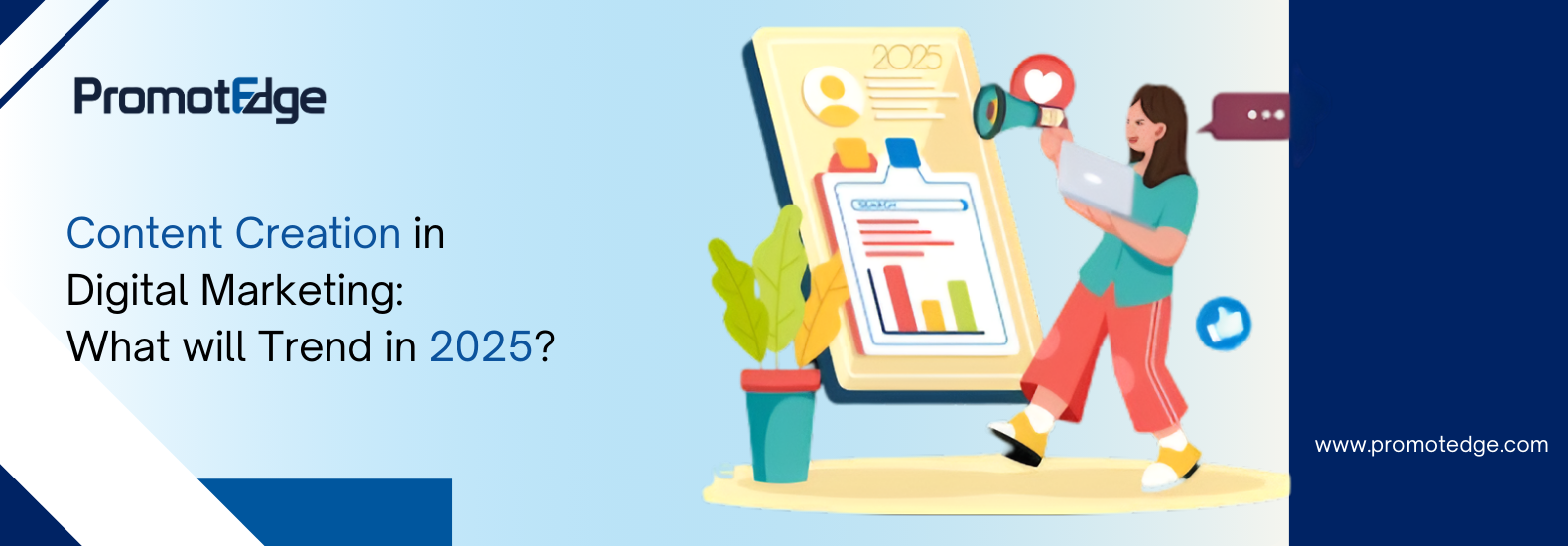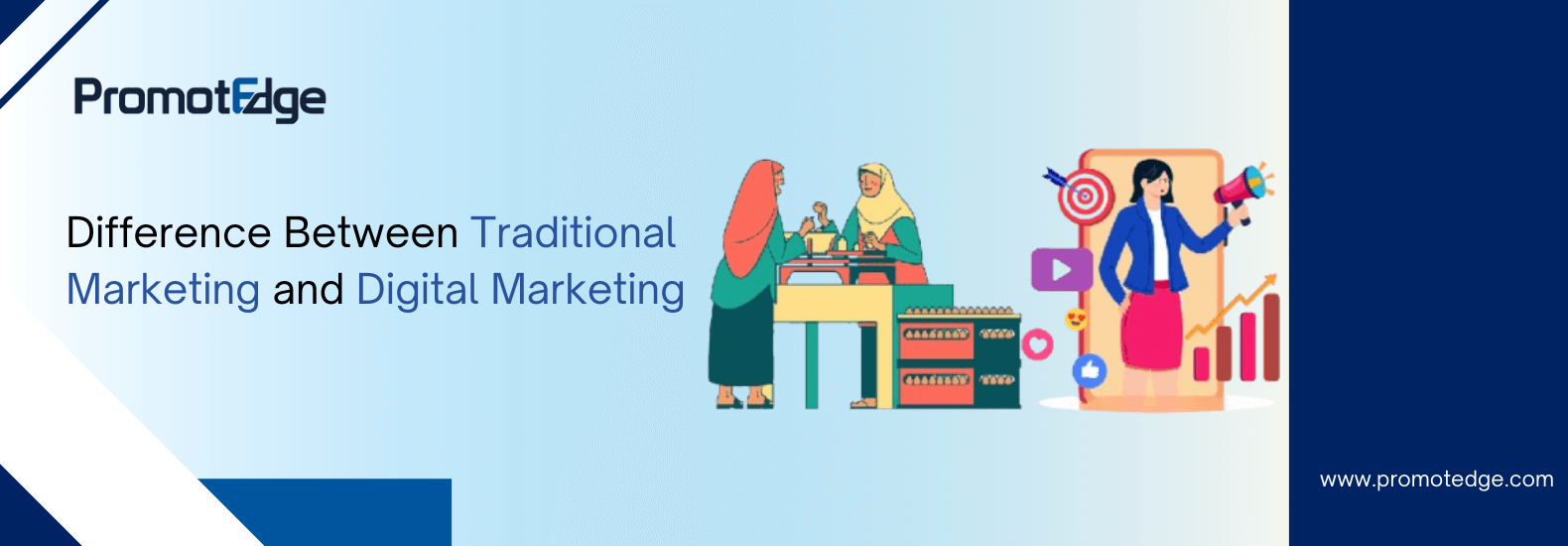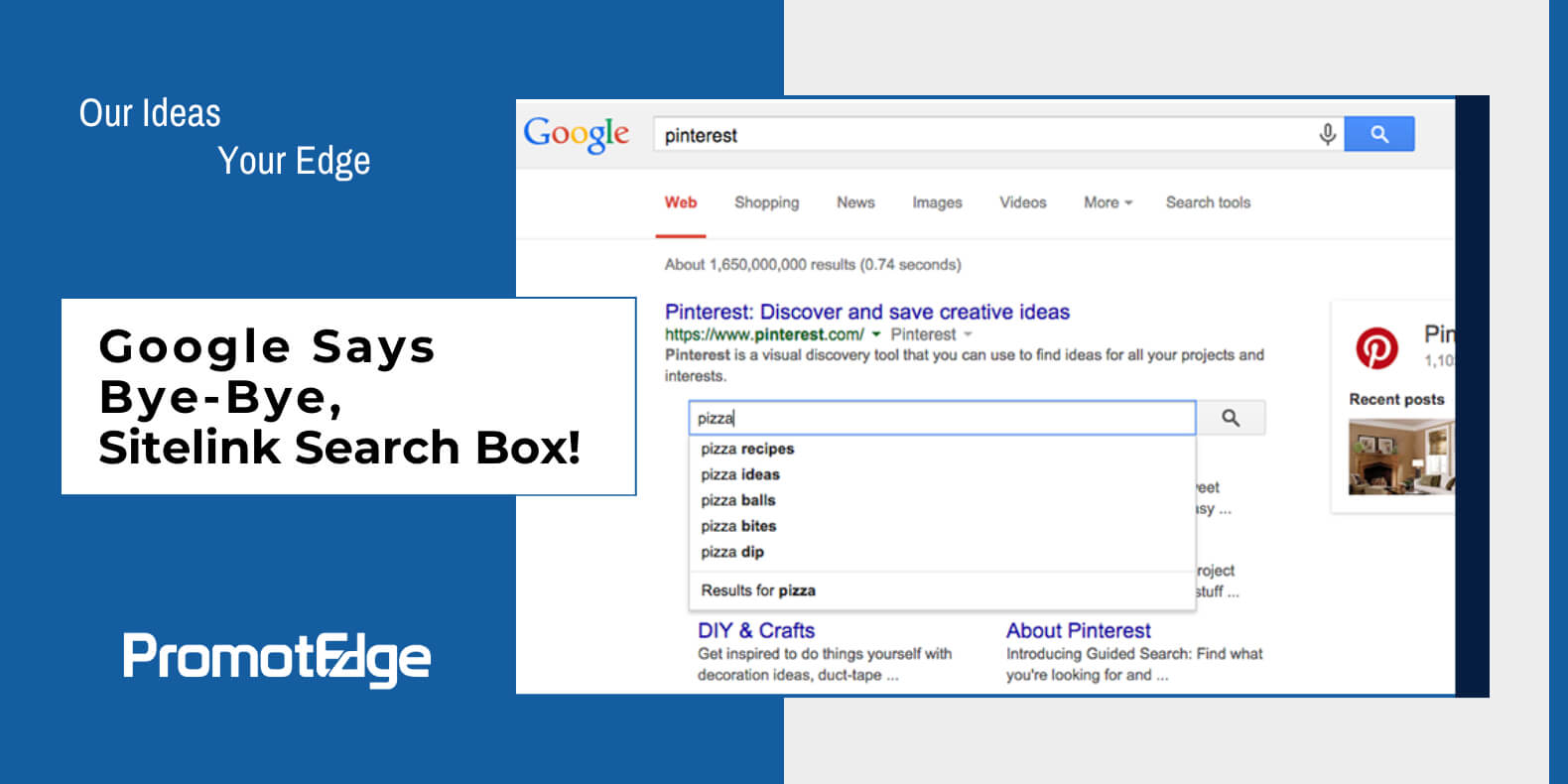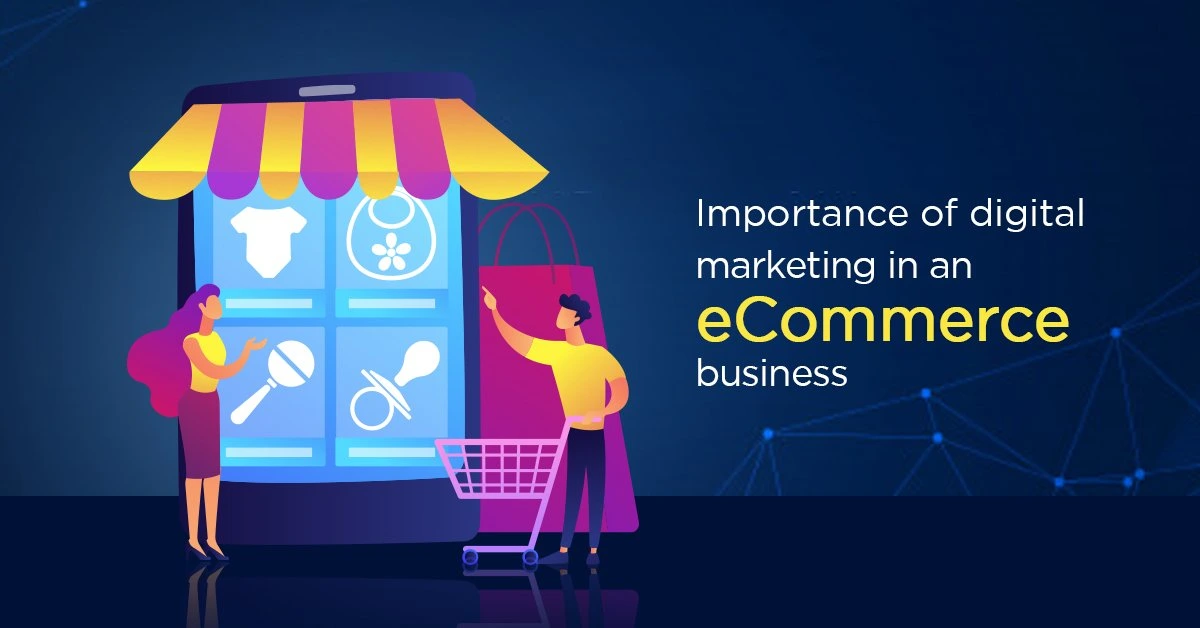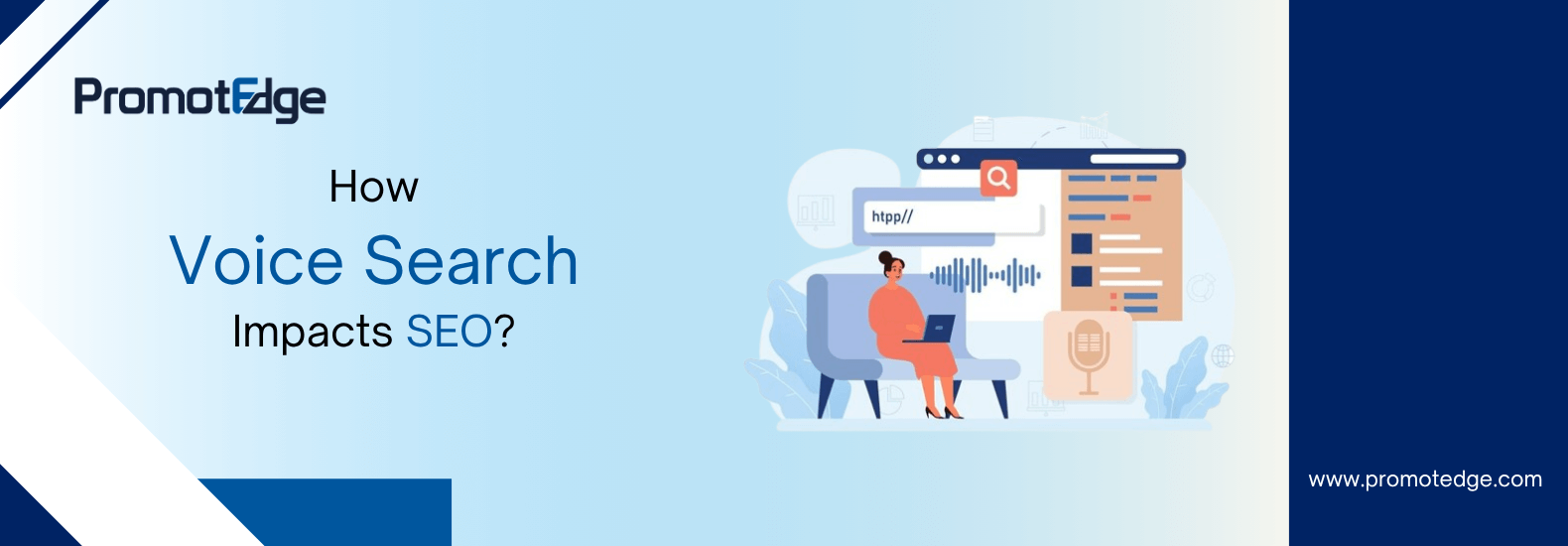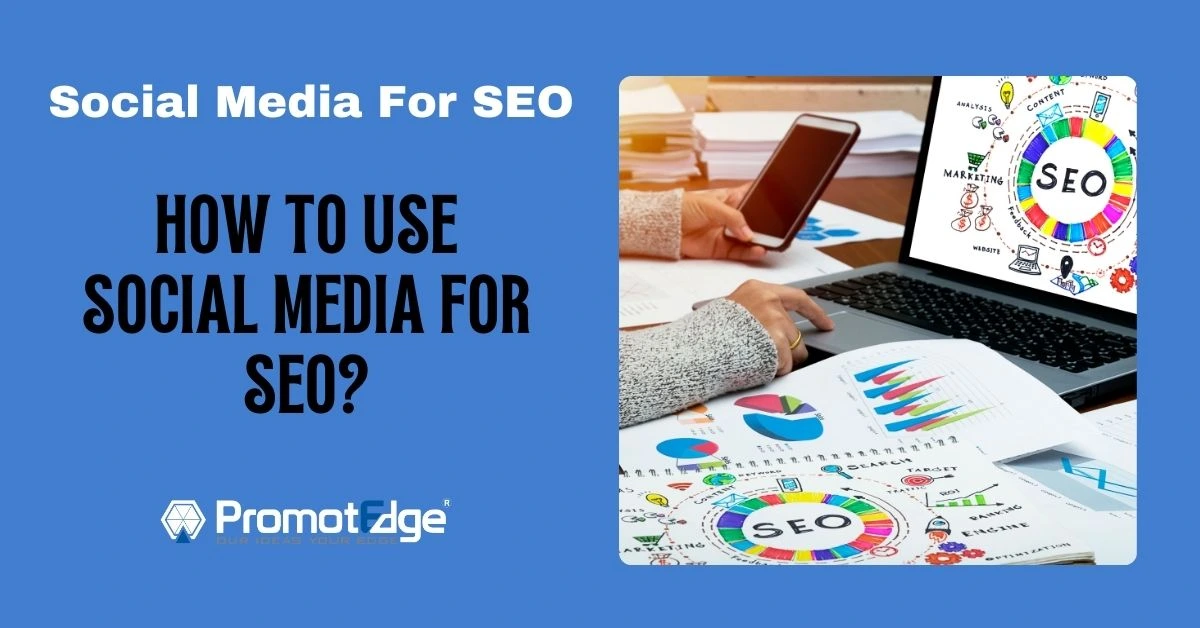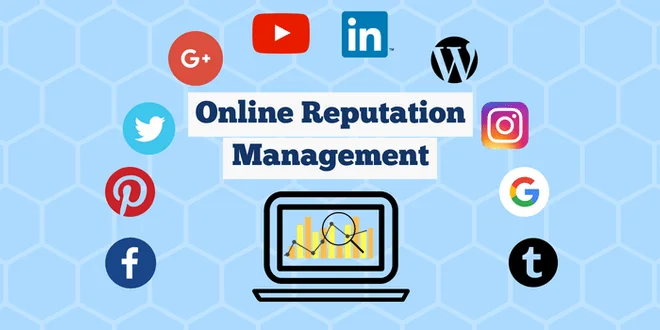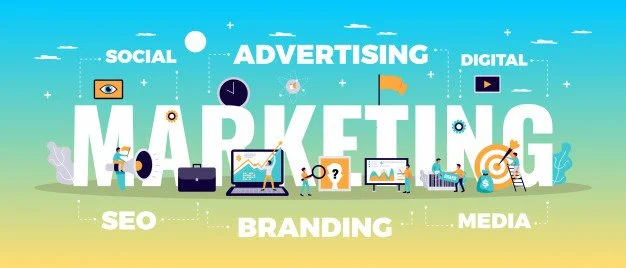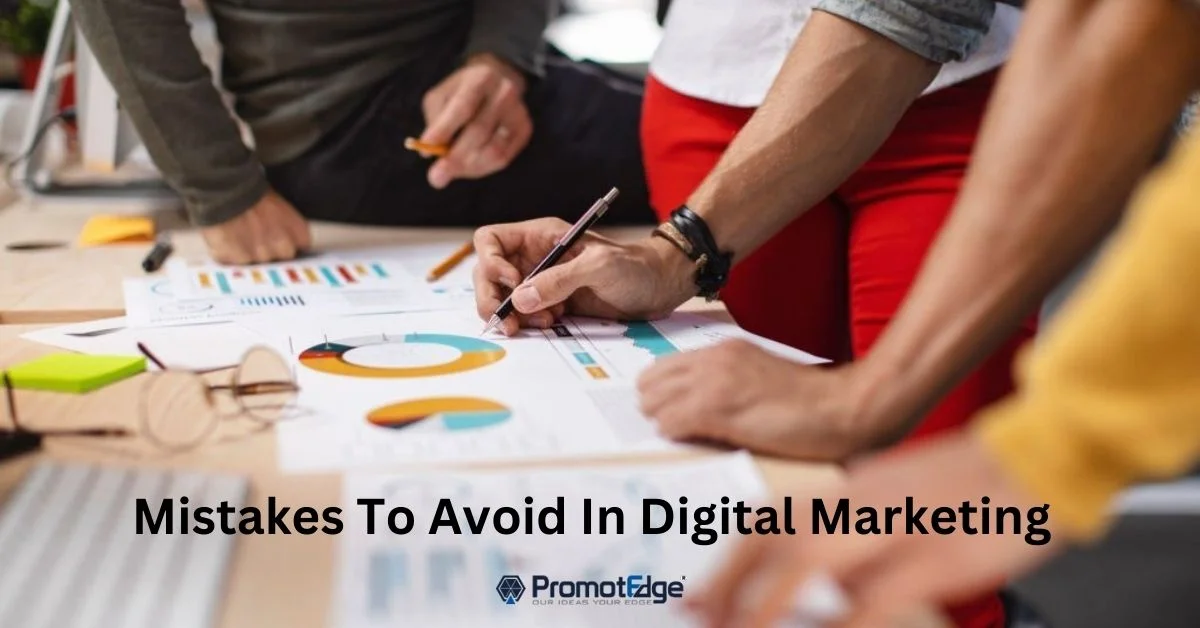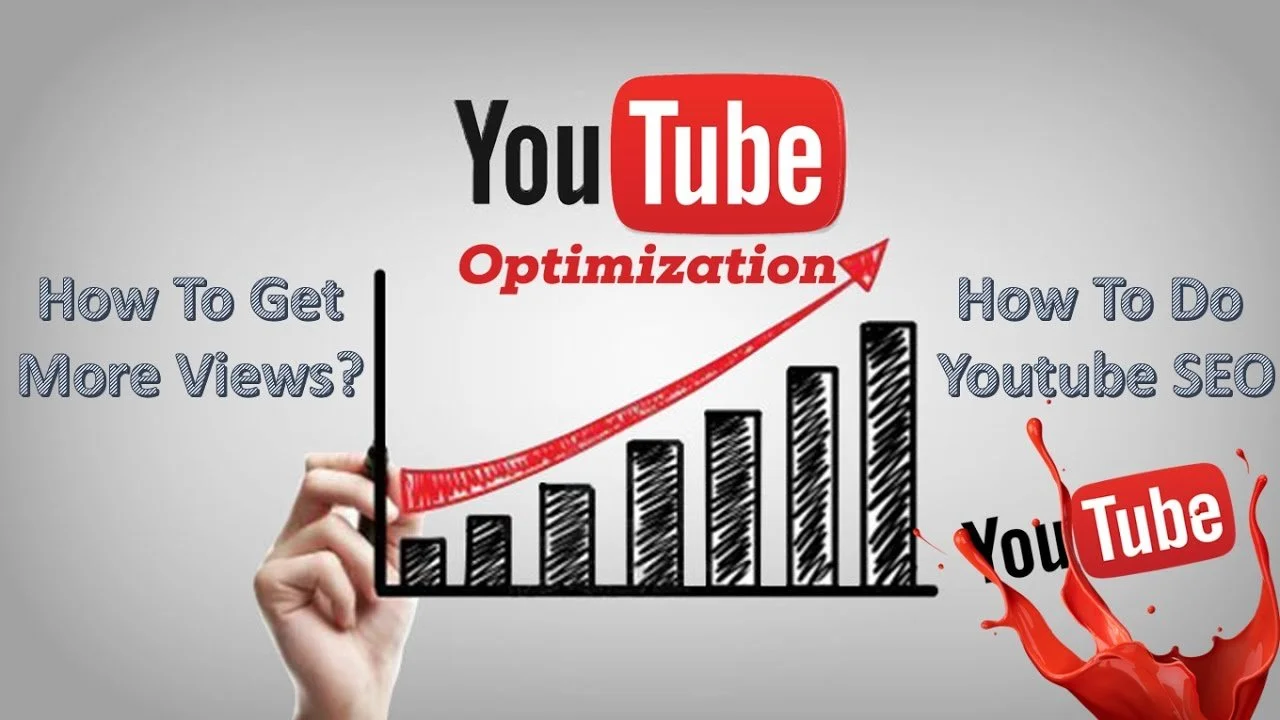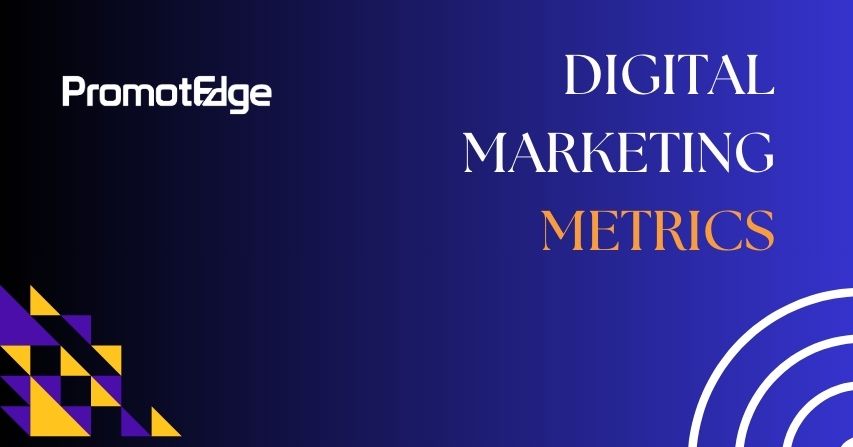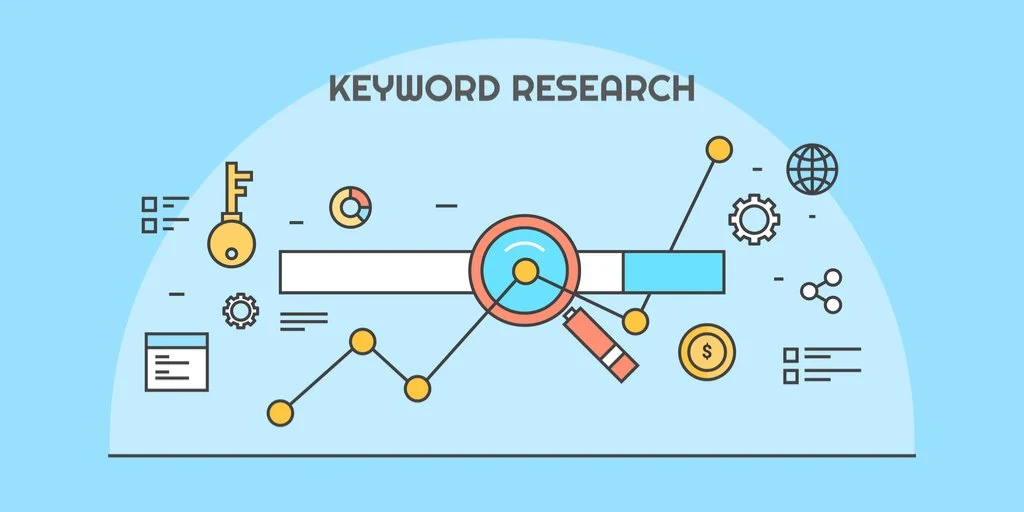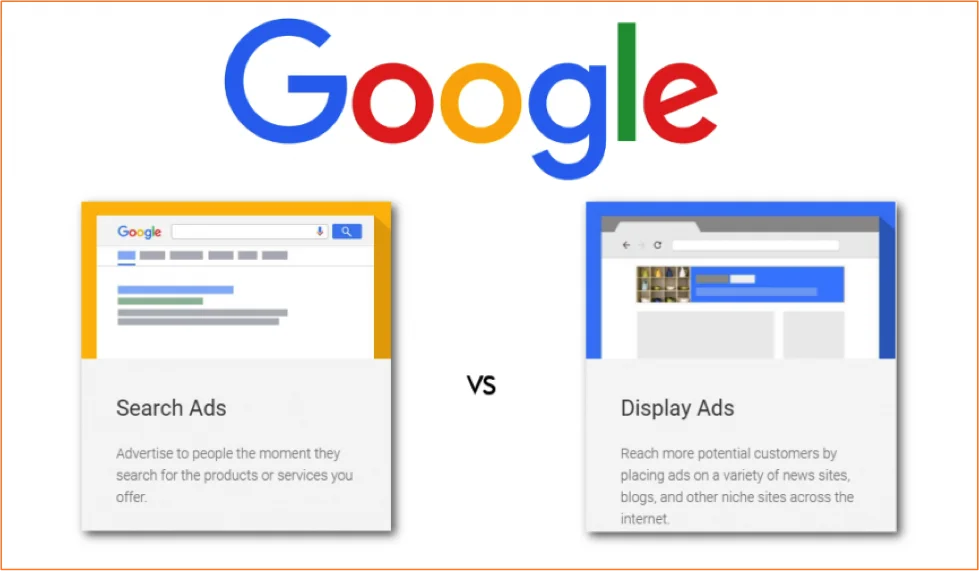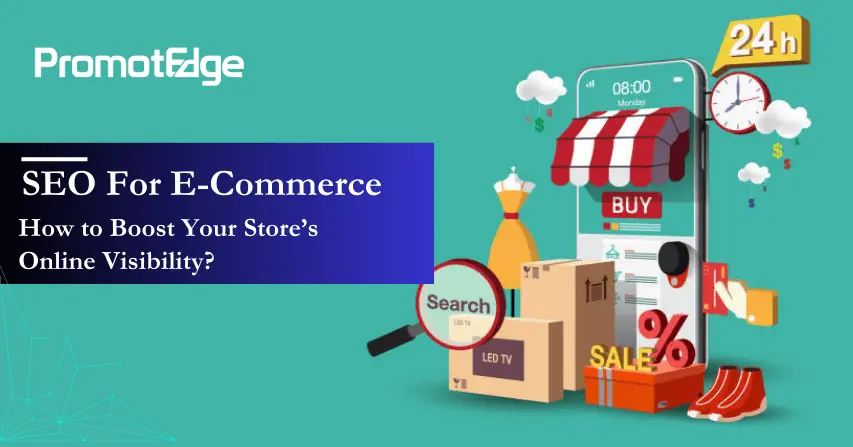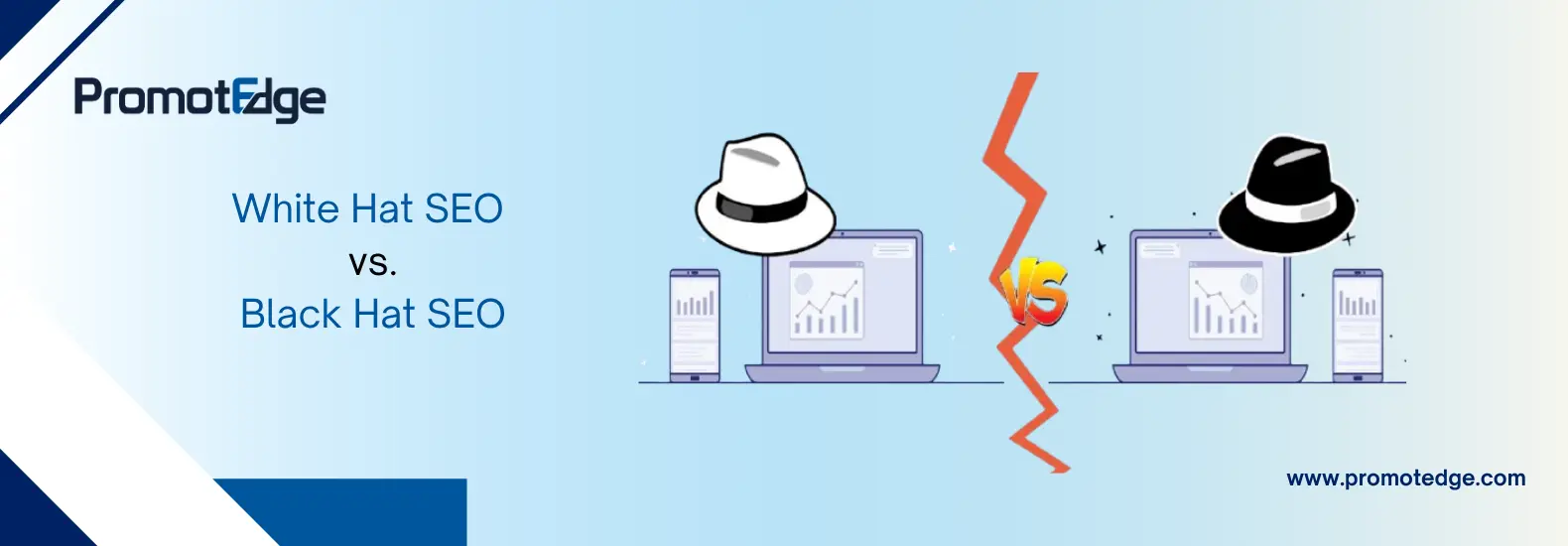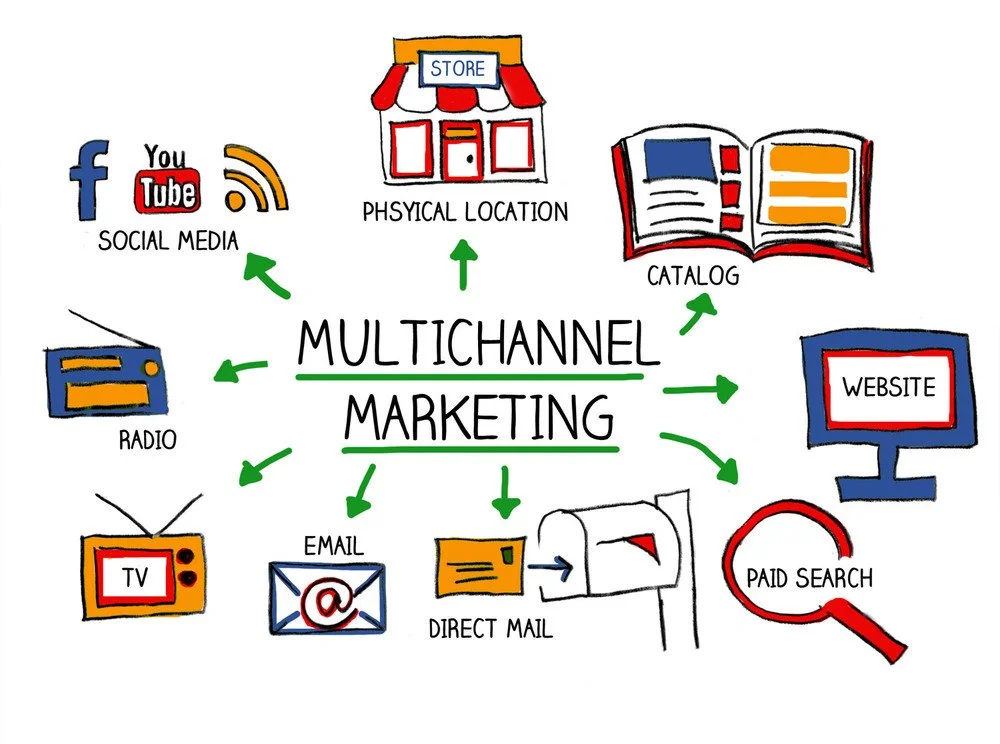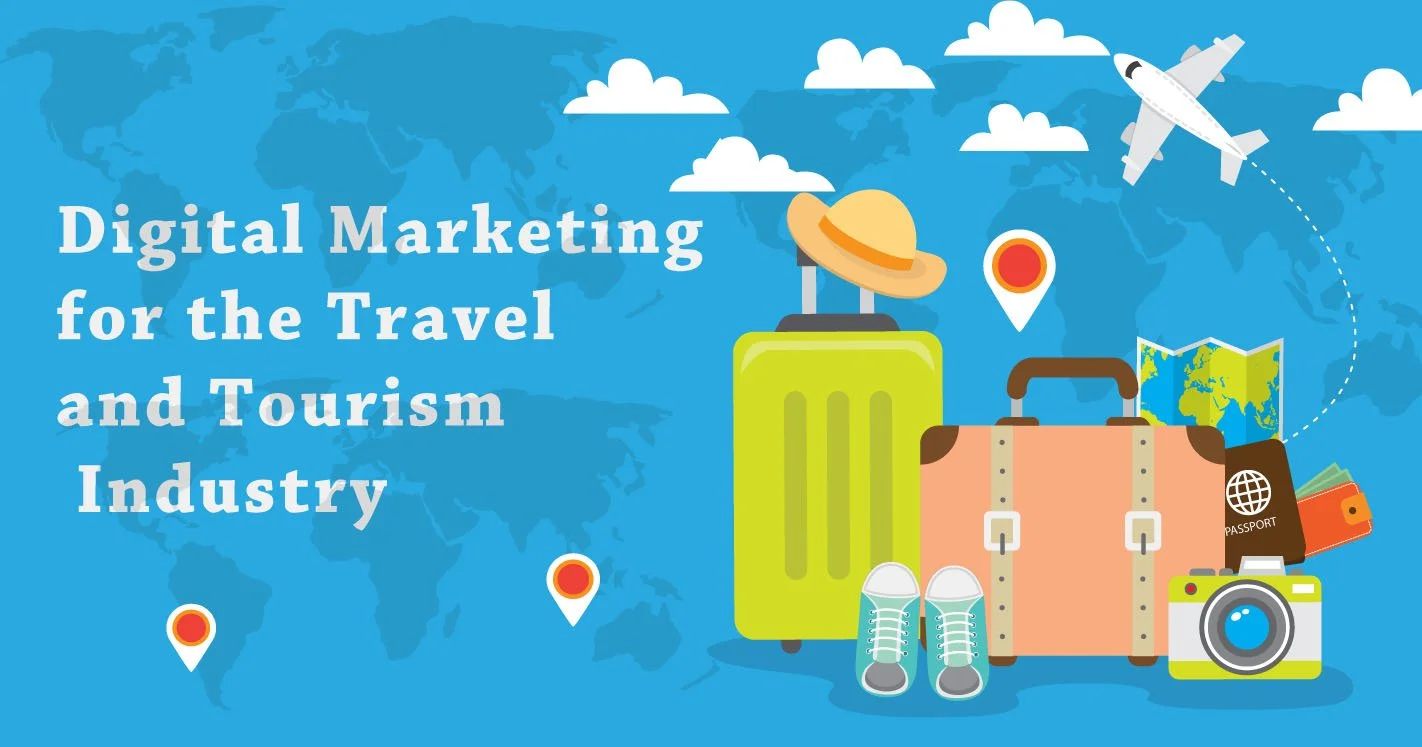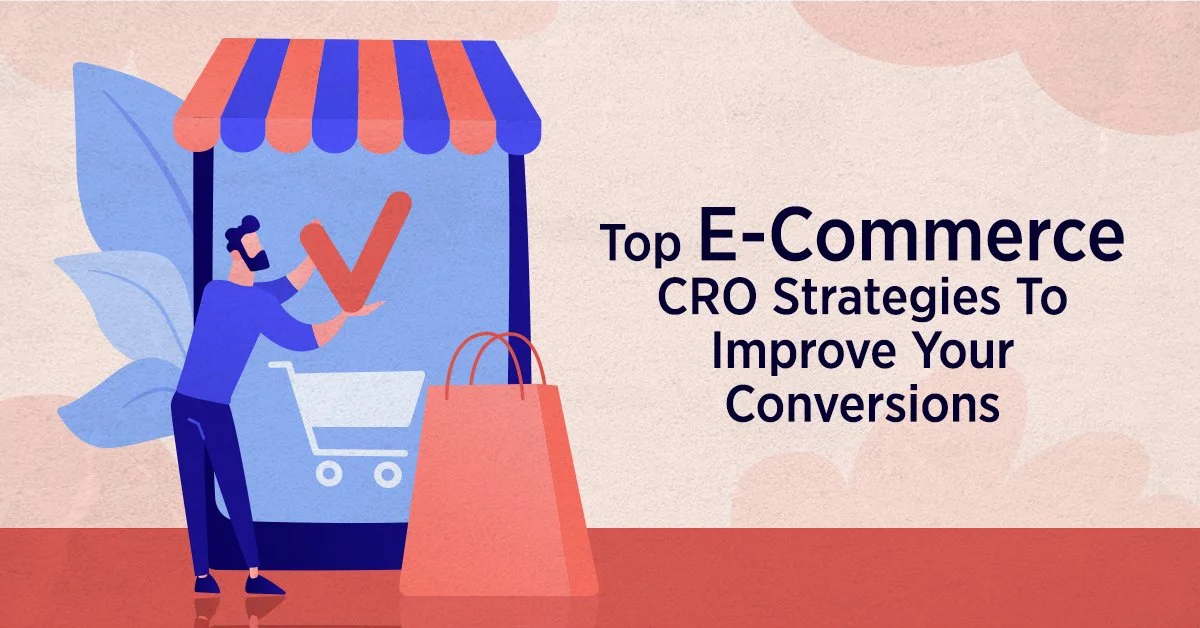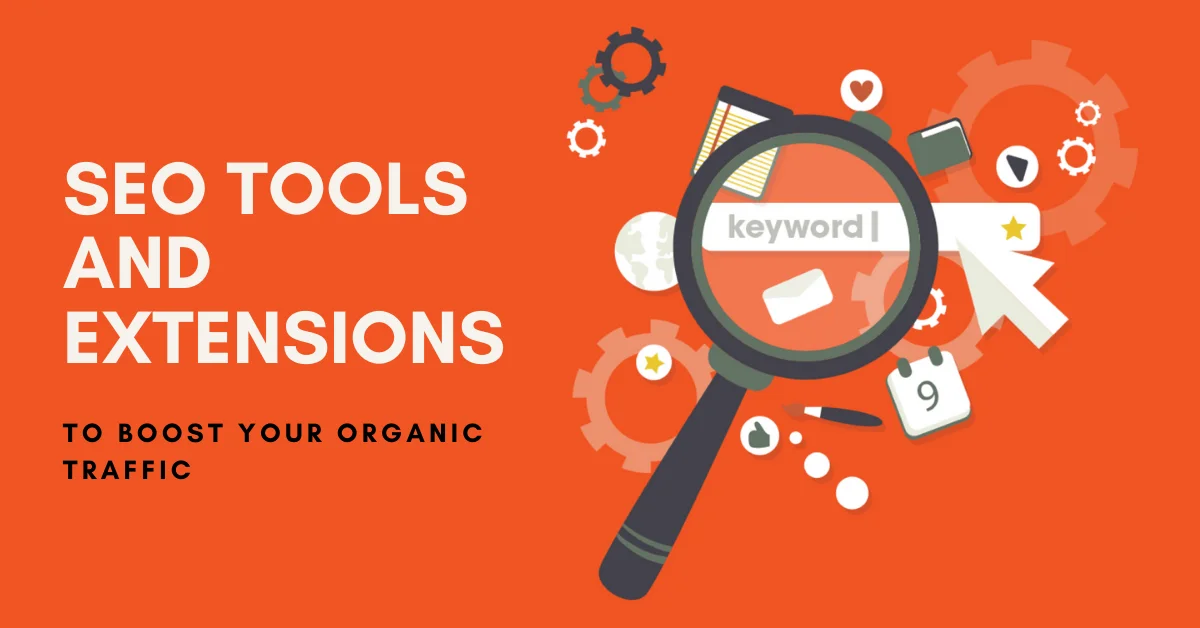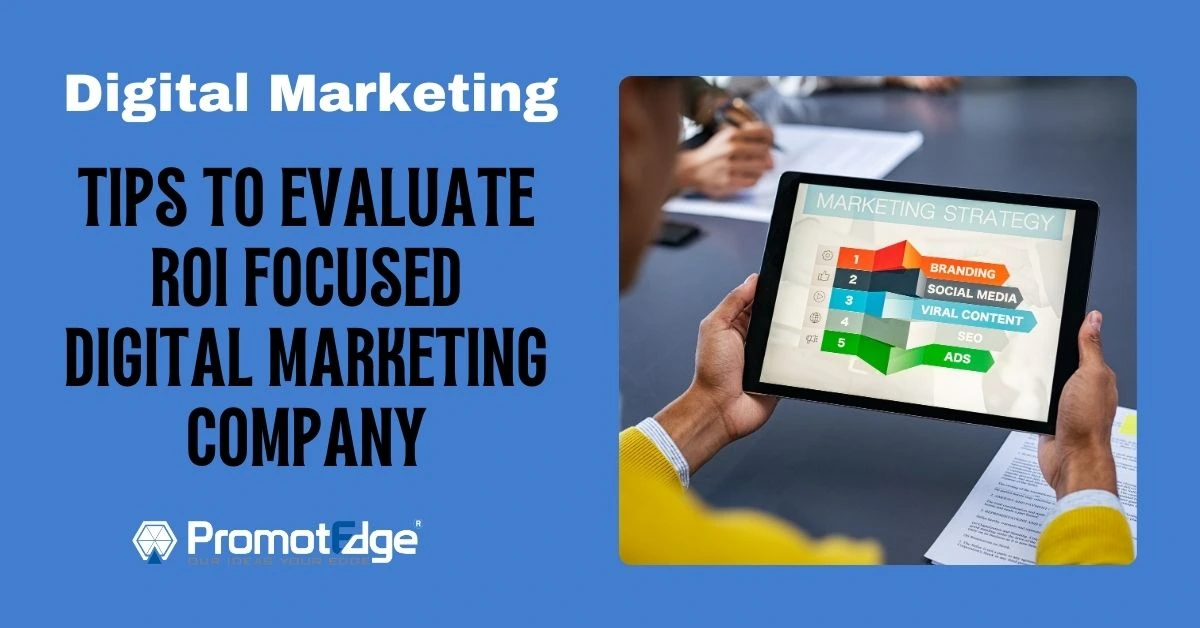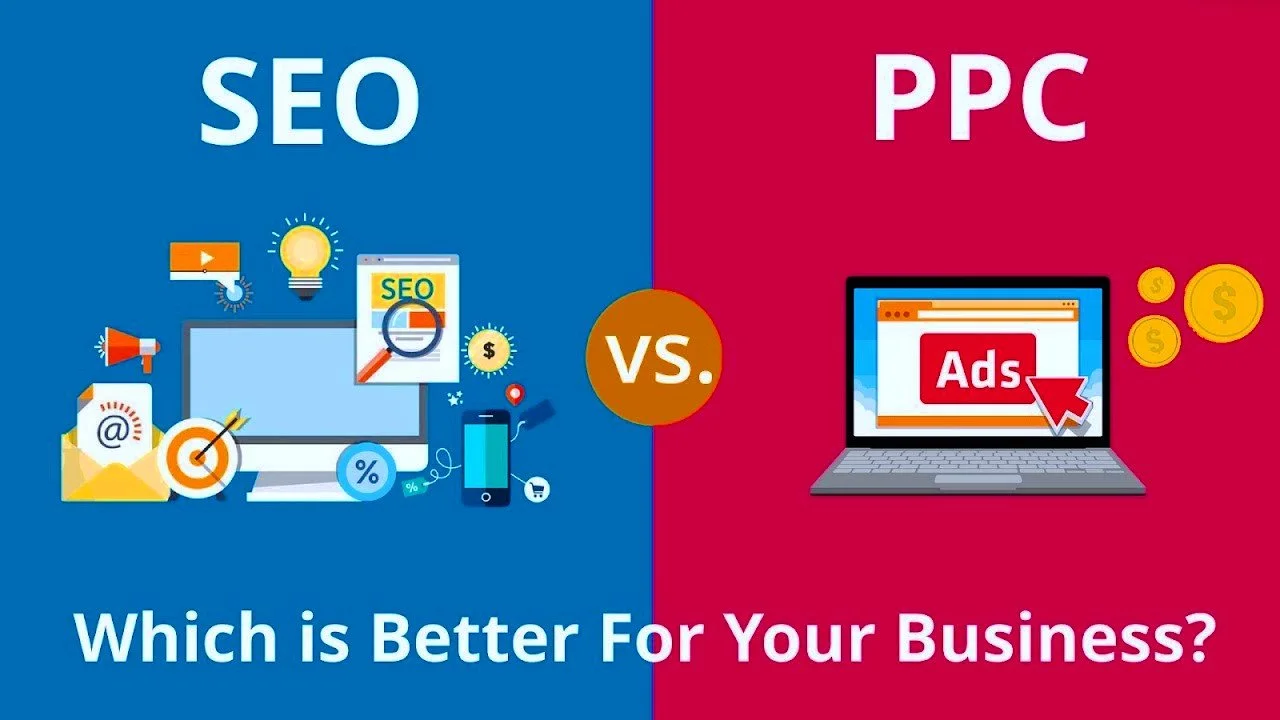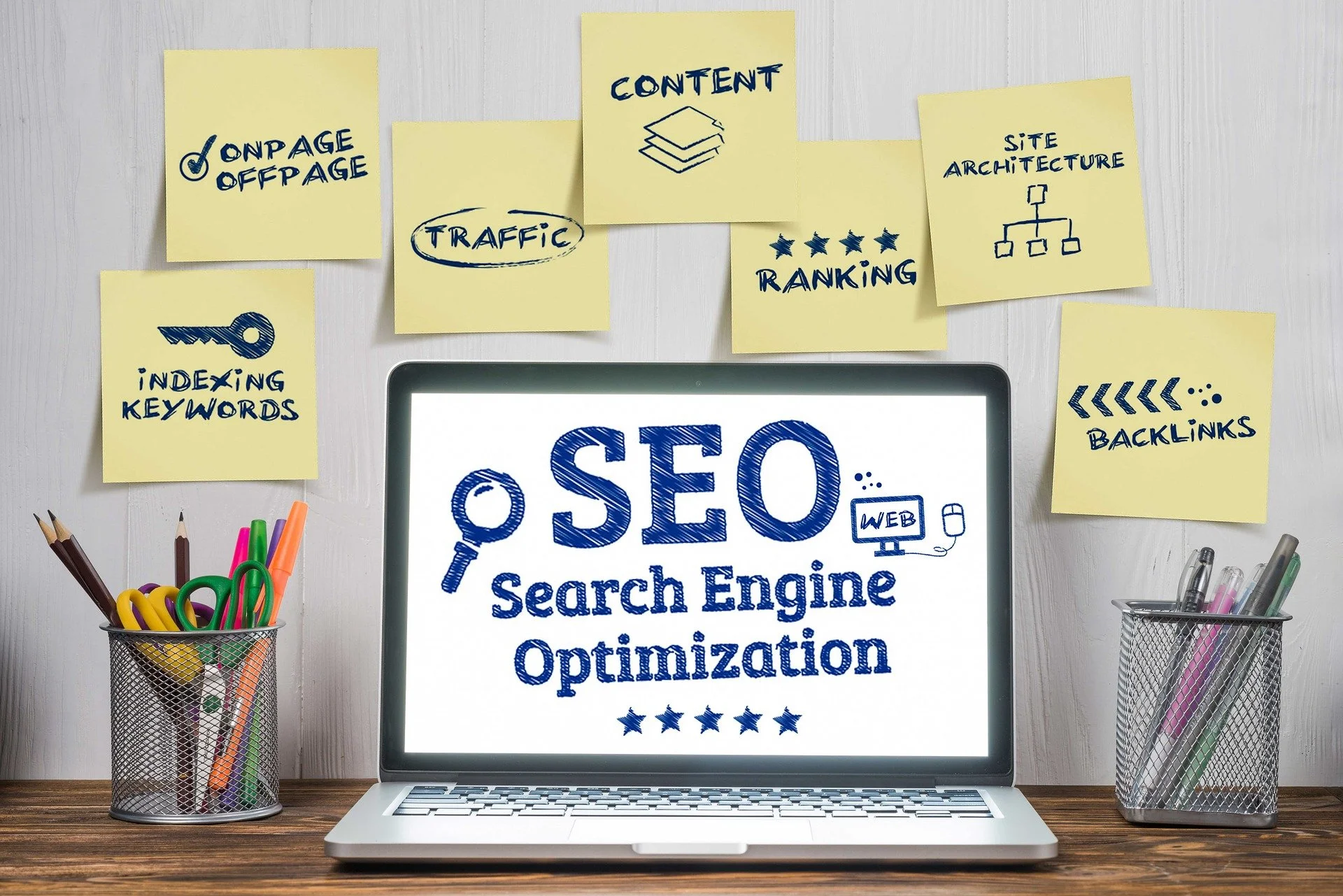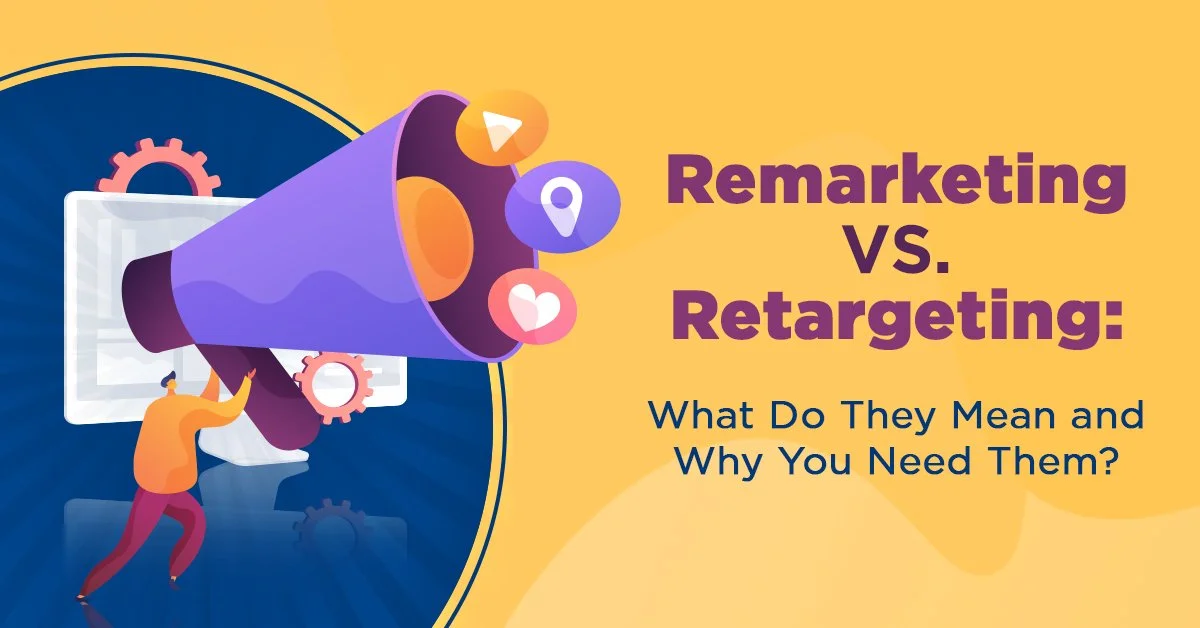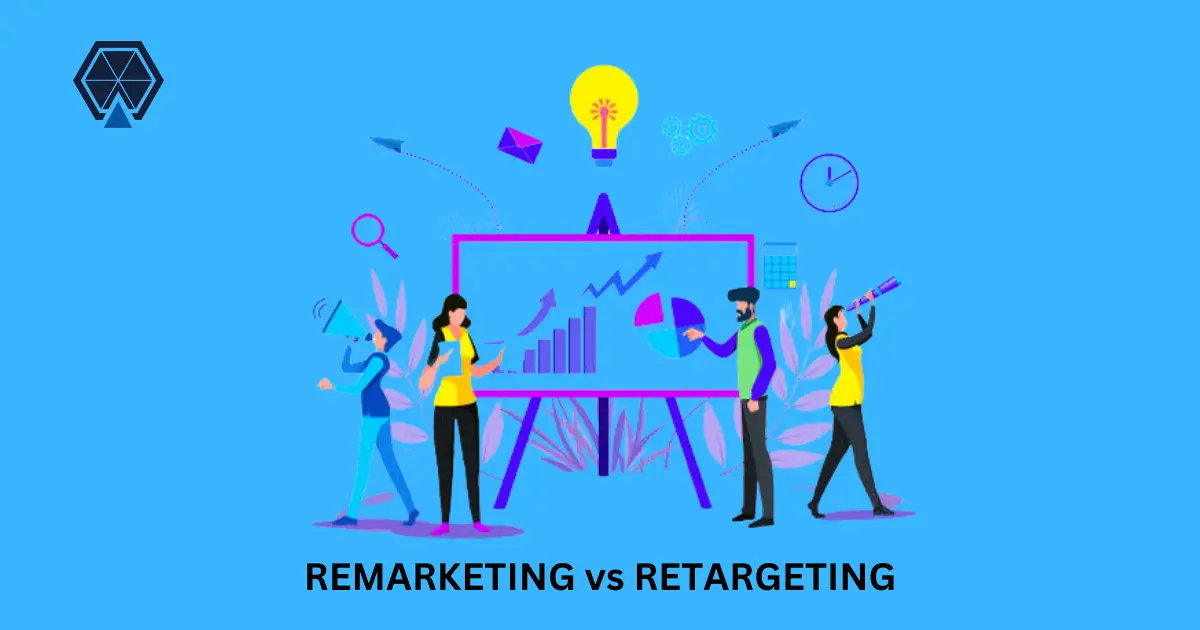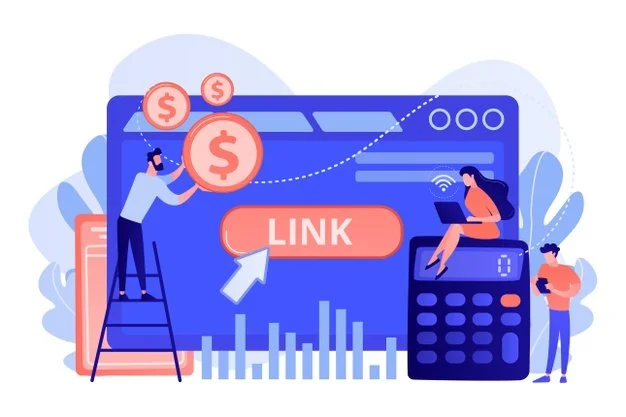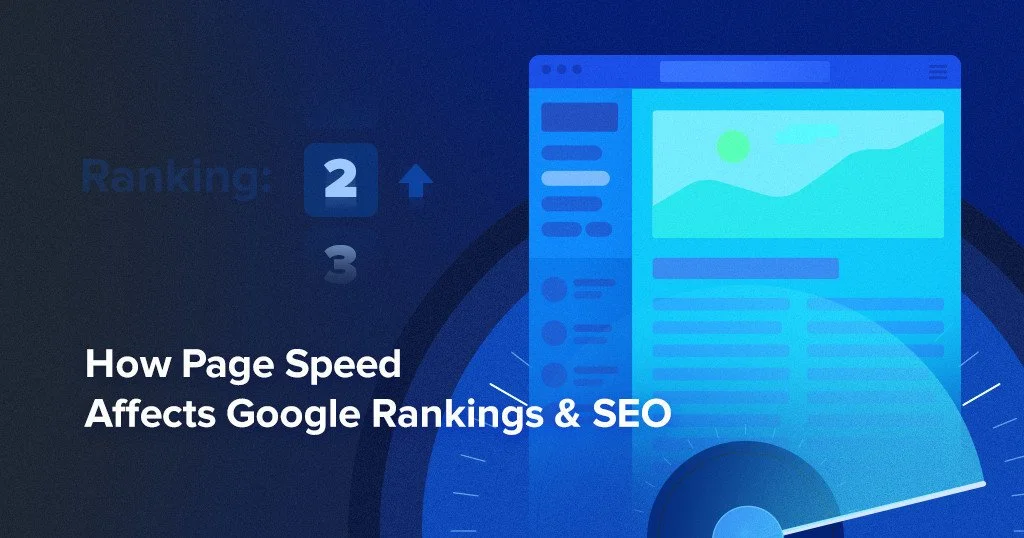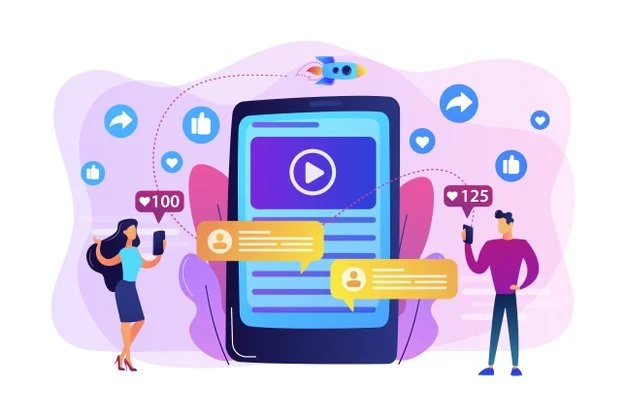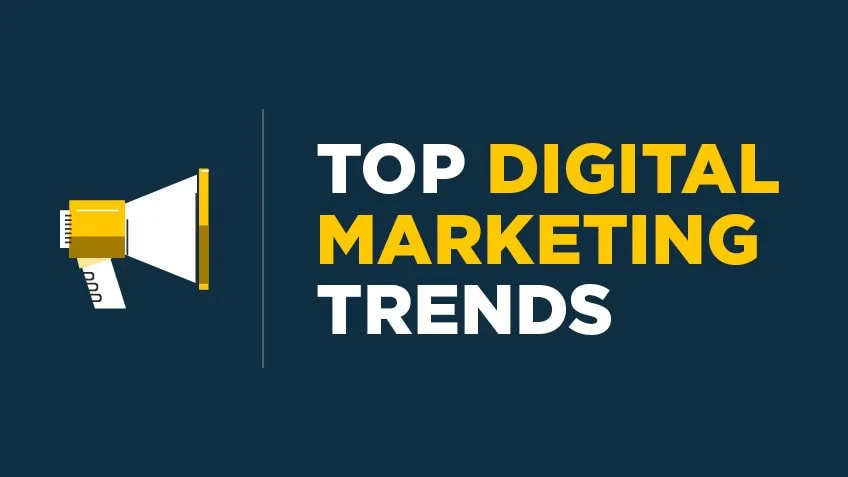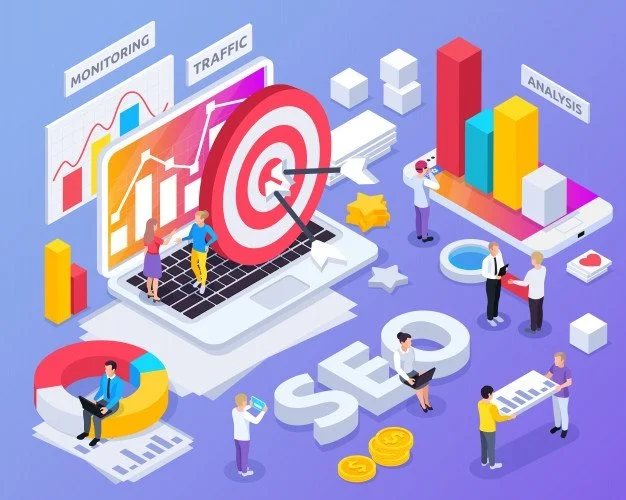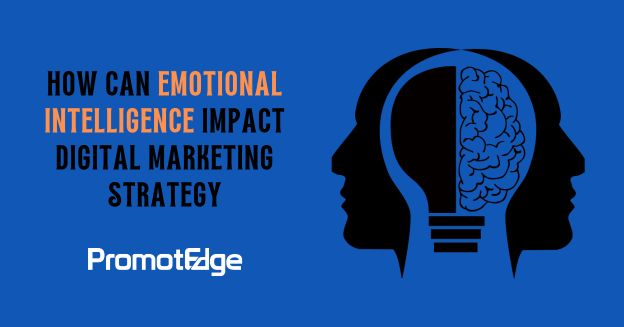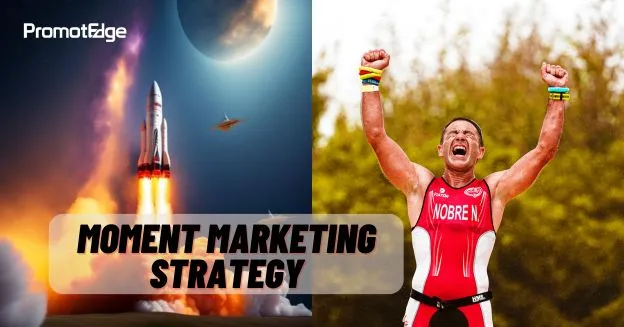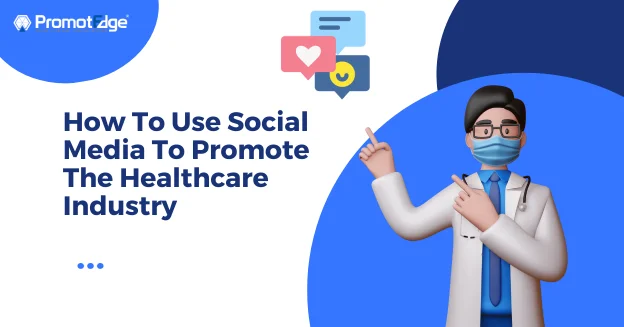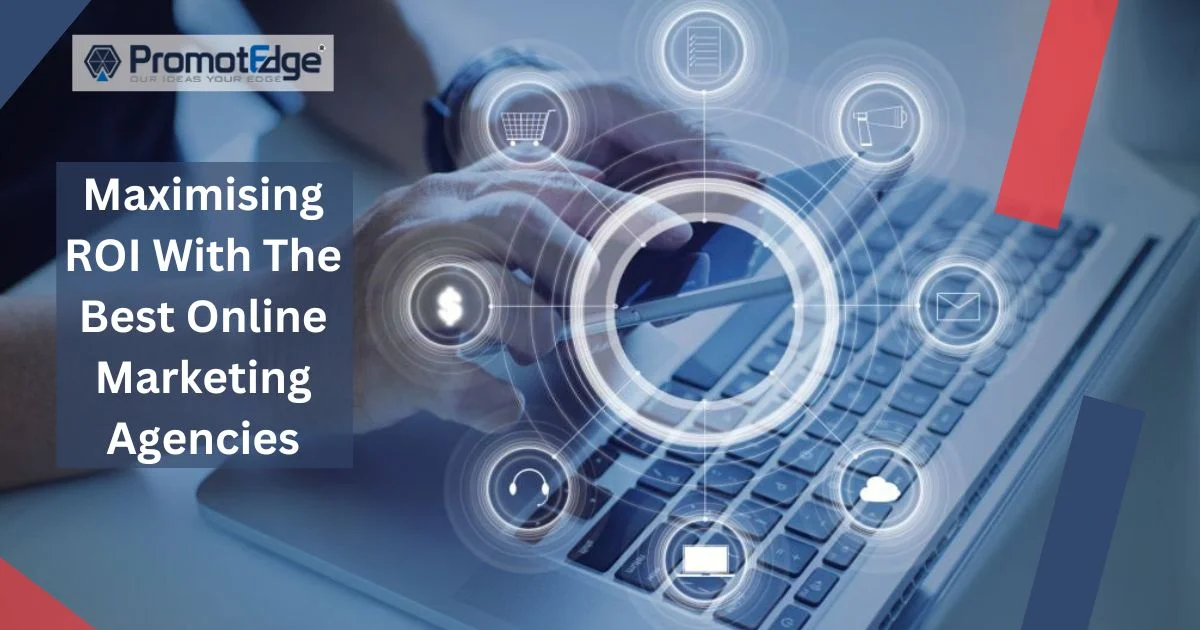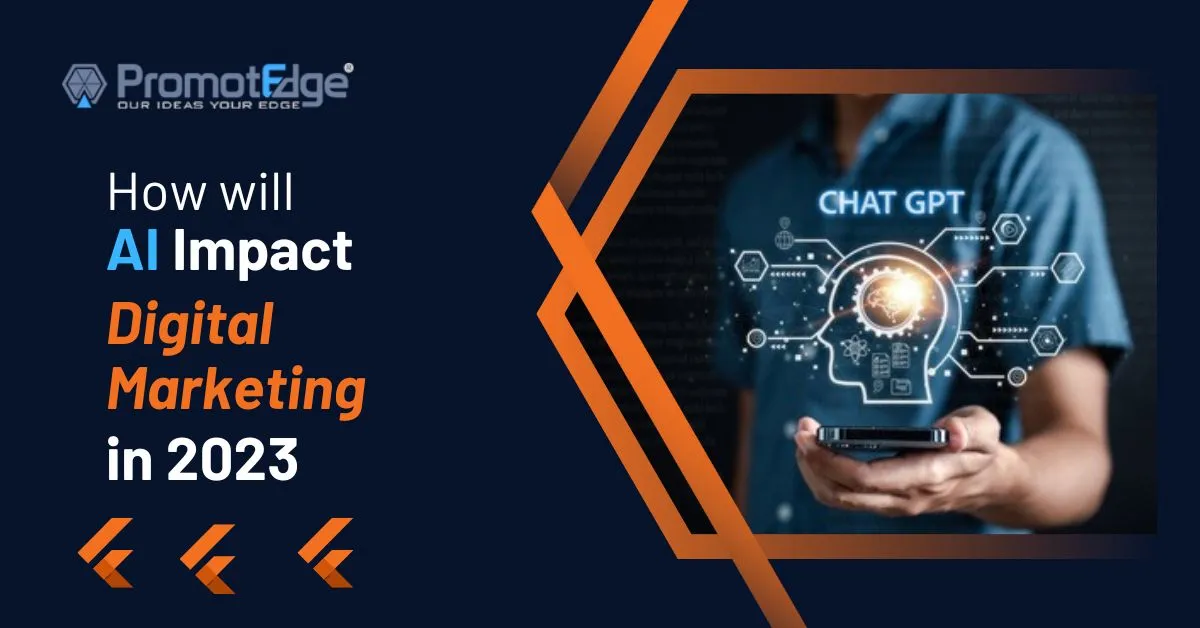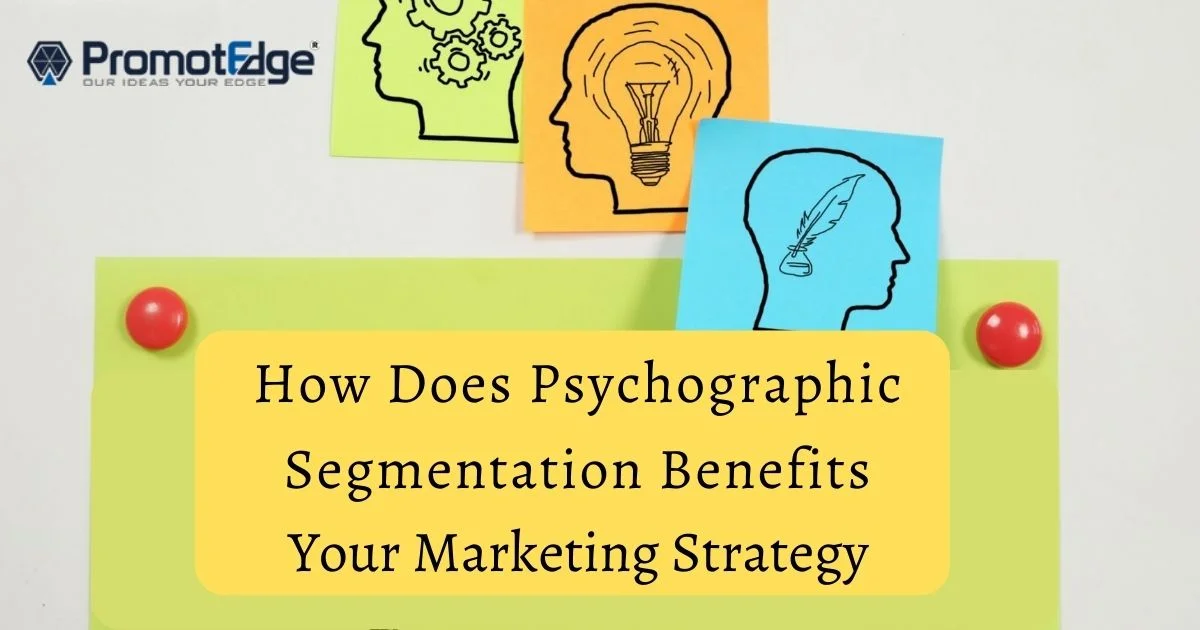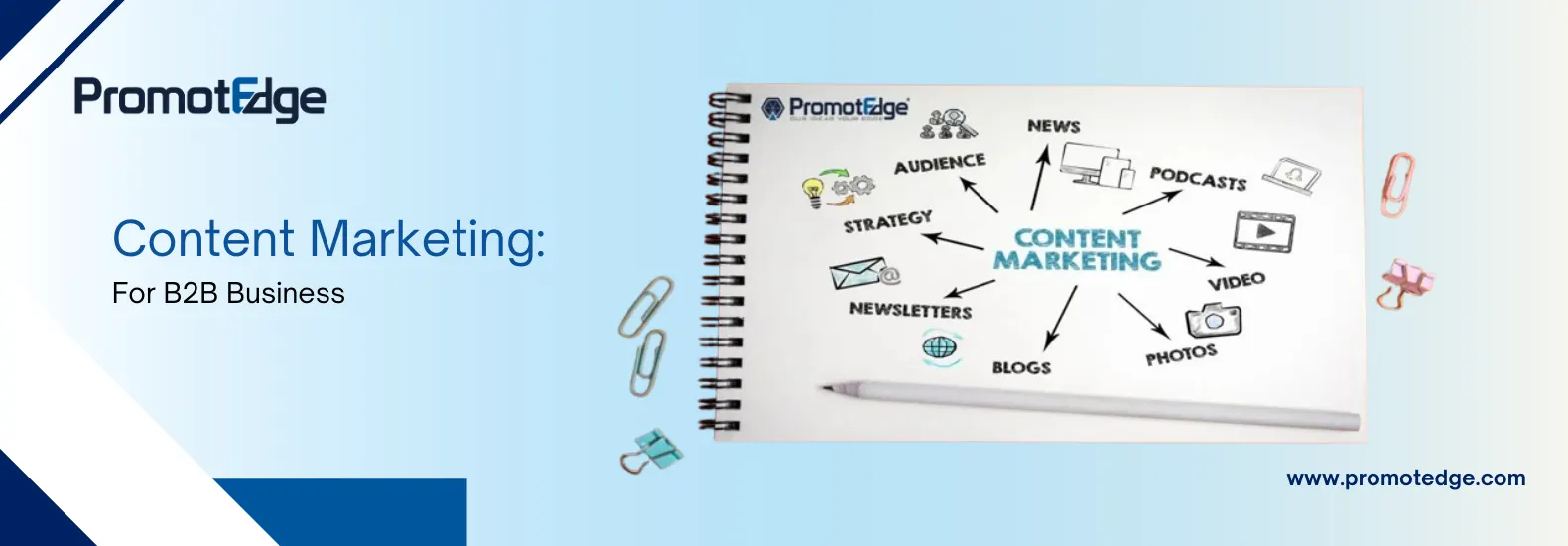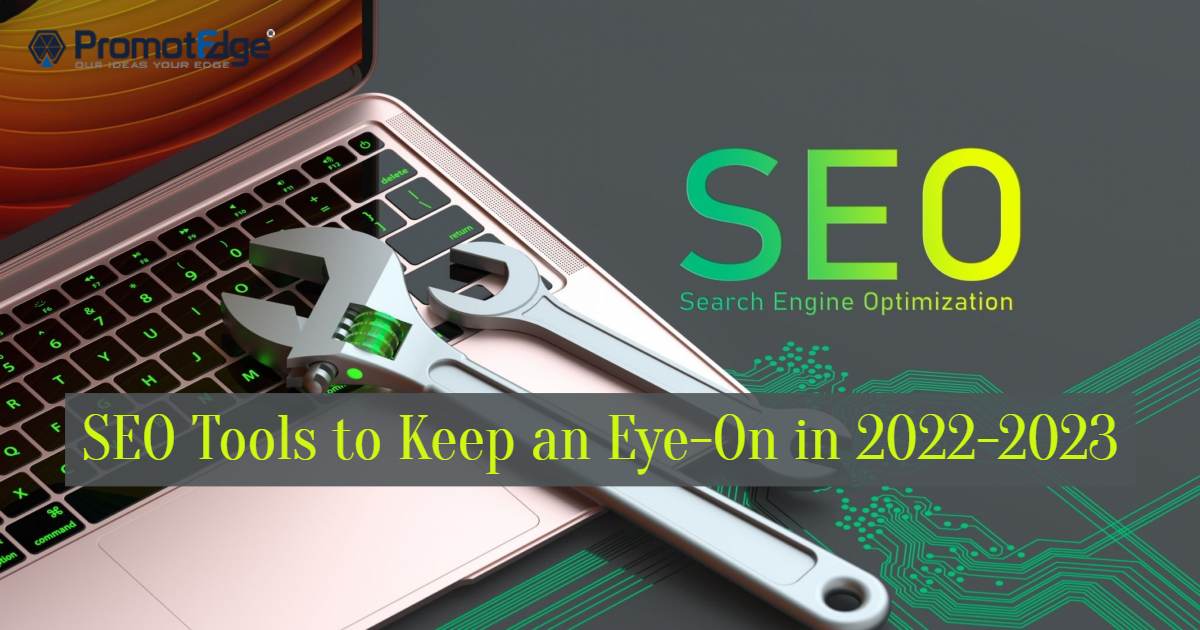Boost Conversions With 7 Data-Driven E-commerce Marketing Strategies
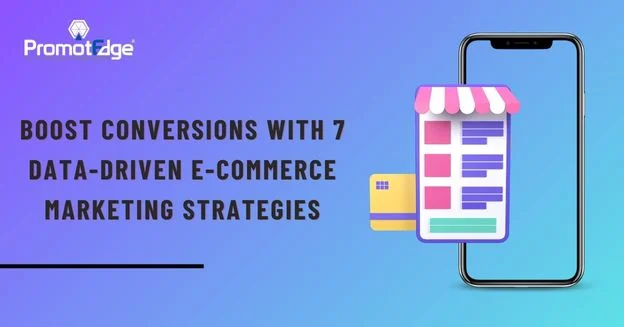
-
Author: PromotEdge
-
Updated Date: Nov-07-2024
-
Views: 2 Min Read
Understanding data-driven marketing
Data-driven marketing is like using a GPS in a car. Just as a driver needs a GPS to find their way, marketing agencies need data to make good decisions. Without data, a driver can get lost and make wrong turns. Similarly, without data, a marketing agency can make bad decisions and waste resources.
In other words, why take a wild shot in the dark when data-driven tactics can help you hit the bullseye swiftly?
Now let me take an example to elaborate on why knowing and shooting your shot exactly when the customer is ready to buy can improve your sales. Let’s say your data indicates that the customer is most likely to repurchase the product after 6 weeks. Then you should send the email at the end of the fifth week. This move can keep you on top of the mind of the customer and significantly increase the likelihood of a repurchase.
The times when marketers used to base their marketing strategies on guesswork are history now. This is the era of data, the most solid foundation for formulating your marketing campaigns.
Keep reading to get an idea about the top 7 data-driven marketing strategies followed by ecommerce marketing agencies to boost conversion rates.
1. Mastering the art of user data collection and analysis
We have seen why collecting and analysing data is a crucial strategy for top ecommerce marketing agencies. Now the question is: How do they collect and use data?
Depending on who they are trying to reach and what kind of analytics they’re looking for, there’s a wide range of methods and metrics to choose from. Like searching for a needle in a haystack, there’s often a wealth of information to sift through. It is necessary to determine which metrics are important. From customer surveys to social media engagement, a lot of methods can be combined to get useful metrics and ideas about real-time view of market trends to make informed decisions.
Data is used to find answers to many questions. It helps understand how often customers buy, what they buy, and what motivates them to buy. It also helps determine how to effectively reach customers and how much money they are willing to spend on your products.
2. Personalize the user experience through customer segmentation
Don’t miss out on sales by sending the same message to cart abandoners and general email subscribers. Understand and implement customer segmentation.
A data-powered campaign can help to focus on creating a truly one-of-a-kind experience for the customer rather than just targeting them. A digital marketing agency for ecommerce can create segments based on demographics, behaviours, and preferences. This way, they can tailor their messaging to target specific groups of customers, leading to higher engagement rates, conversions, and happier customers.
Segmentation is important even if ecommerce marketing agency are targeting a niche market. The customers can vary significantly in many ways, so it’s still important to break the campaigns down into target groups.
You May Like: Importance Of Digital Marketing In An E-Commerce Business
3. Don’t guess; optimize with A/B testing instead.
Send 50% of your traffic to variation A and the other 50% to variation B, or send variation A of the email to 50% of your email list and variation B to the other half.
But wait, what’s the point of doing this?
Data-driven digital marketing for ecommerce involves continuous fine-tuning of strategies. A/B testing is the most effective way to gain insight for implementing the appropriate modifications in strategy, increasing the conversion rate of the current traffic, and leading the digital marketing agency for ecommerce in the correct direction.
Stop playing the guessing game and relying on intuition to determine what the customers desire, and start leveraging A/B testing to get valuable insights on what the customers actually want.
4. Customer journey mapping
In the digital age, online customers have many choices. In the digital age, online customers have numerous options. The customer journey in ecommerce encompasses all stages of the customer’s relationship with your business. This includes when they first learn about your business, make a purchase, and even after that. c, as well as capitalizing on profitable opportunities. Mapping the customer journey is important in digital marketing. It helps you understand and meet customer needs and take advantage of profitable opportunities.
The secret to market dominance isn’t smart advertising; it’s a habit of constantly learning more about your customers and adding value to their lives. The data-driven approach of top ecommerce digital marketing agencies enables them to efficiently assess what more can be done to enhance the visitor experience or to help them achieve their desired goals on the website more easily. Attention and sales are byproducts of doing this right.
5. Recover abandoned carts
Lots of people don’t even bother to check out when they’re shopping online. According to the Baymard Institute, almost 70% of people abandon their carts.
A digital marketing agency for ecommerce often uses tools like Google’s advanced ecommerce analytics to build detailed conversion funnel maps to understand where shoppers are dropping off. If data indicates a lot of drop-offs on your checkout page, it could be a sign that the CTAs aren’t clear, there aren’t enough payment options, or perhaps the site isn’t working properly. Having these insights can help identify the funnel’s illogicalities and improve the user flow.
6. Customer reviews and UGC
Post-purchase surveys should be sent to customers to assess their satisfaction with the checkout process. What issues did they experience? Did they feel confident in their purchase? Will they be willing to purchase from you again?
Getting customer feedback can help identify the pain points and take the necessary action to eliminate them.
Additionally, user-generated content (UGC) can act as a key to establishing a loyal customer base. Sharing user-generated material on one’s own website or social media accounts makes the customer feel seen and creates a sense of consumer empowerment.
7. Remarketing and retargeting
Remarketing is about nudging and influencing the customer long after they have left your website. Only 2% of your site’s traffic will convert at the first click. Retargeting is the only way for top ecommerce marketing agencies to reach 98% of their target audience.
Ever scroll through emails or social media and see an ad for a product or service that you were looking for on a certain website? This is a great example of how retargeting works.
Retargeting works by placing cookies on your website. When a visitor visits your site, the cookies automatically collect information about the visitor and their behavior. For example, you will know which products the visitor viewed, when they left your site, and whether they left items in their cart.
In addition to retargeting in e-commerce, digital marketing also includes remarketing to segment, engage, and guide existing customers through the sales funnel. In simpler words, retargeting mainly deals with engaging potential customers who visit the website, while remarketing is focused on re-engaging past customers, mostly via email.
Conclusion
From segmenting customers to using remarketing, the seven strategies in this guide will help you make the most of all the data you have, and the brand loyalty and affinity fostered by data-driven marketing will continue to pay off for years to come—at least until the next game-changer arrives. So in this digital world, where information is power, analyse the data and constantly innovate to meet the changing needs and demands of their customers and be on top of the ecommerce chain.
Table of Contents
- Understanding data-driven marketing
- 1. Mastering the art of user data collection and analysis
- 2. Personalize the user experience through customer segmentation
- 3. Don’t guess; optimize with A/B testing instead.
- 4. Customer journey mapping
- 5. Recover abandoned carts
- 6. Customer reviews and UGC
- 7. Remarketing and retargeting
- Conclusion
Categories
Latest Posts
-
Digital Marketing Google December 2025 Core Update
-
Digital Marketing AI in PPC: How AI Is Changing Paid Advertising
Blogs
